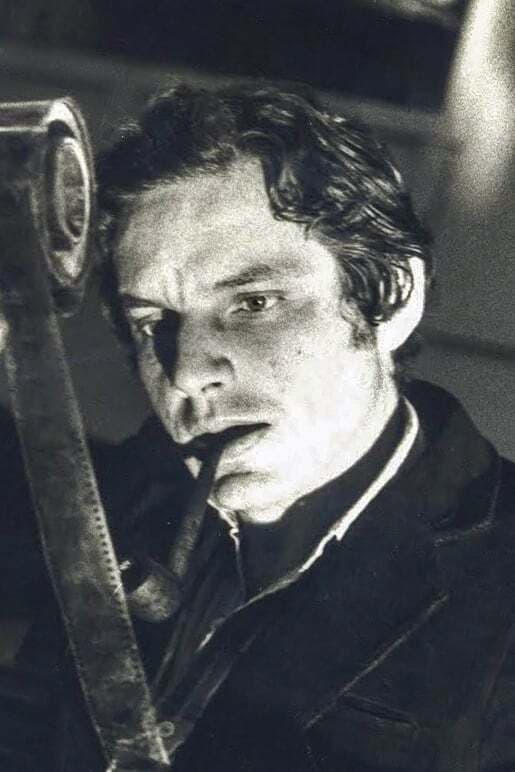
Rogério Sganzerla
Rogério Sganzerla (1946 — 2004) was a Brazilian filmmaker and one of the main names of the Cinema de Invenção (or Cinema Marginal) underground movement. Influenced by Orson Welles, Jean-Luc Godard, and José Mojica Marins, Sganzerla often used clichés from film noir and pornochanchadas. Irony, narrative subversion and collage were trademarks of his film aesthetics. Sganzerla was born in Joaçaba, in the state of Santa Catarina, but moved with his family to São Paulo at a very young age, living there for most of his life. During the 1960s he wrote for the newspaper "O Estado de S. Paulo" ("The State of S. Paulo") as film critic, quickly being recognised as a young talent. In 1967, Sganzerla directed his first short film, "Documentário" ("Documentary"), winning an award at the JB-Mesbla 16mm Festival. "Documentário" was quickly followed up by his first feature-length film in 1968, "O Bandido da Luz Vermelha" ("The Red Light Bandit"), which became a landmark for the movement known as Cinema de Invenção or Cinema Marginal and is still Sganzerla's most well-known film. In 1970, he founded the "Bel-Air Filmes" production company along with fellow Cinema de Invenção filmmaker Júlio Bressane. Headed by Sganzerla, the company produced his films "Copacabana Mon Amour", "Carnaval na Lama" and "Sem Essa, Aranha" and Bressane's "A Família do Barulho", "Barão Olavo, o Horrível" and "Cuidado, Madame", all shot in Brazil during four months of 1970 and edited abroad, in England, when both Sganzerla and Bressane were banished from their home country by the then rulling military dictatorship. While in exile, both Sganzerla and Bressane continued to shoot new films. Sganzerla's personal obsessions, such as director Orson Welles (and his infamous visit to Brazil) and musicians Noel Rosa and Jimi Hendrix, appear in many of his films, going as far as being the main subject in some of them. In 1985, Sganzerla directed the docufiction "Nem Tudo É Verdade" ("It's Not All True") about Orson Welles' arrival in Brazil to film his unfinished documentary "It's All True". Sganzerla died in 2004, of a brain tumor, shortly after finishing his last film "O Signo do Caos" ("The Sign of Chaos"). Description above from the Wikipedia article Rogério Sganzerla licensed under CC-BY-SA, full list of contributors on Wikipedia.

The Good Cinema
(Self)
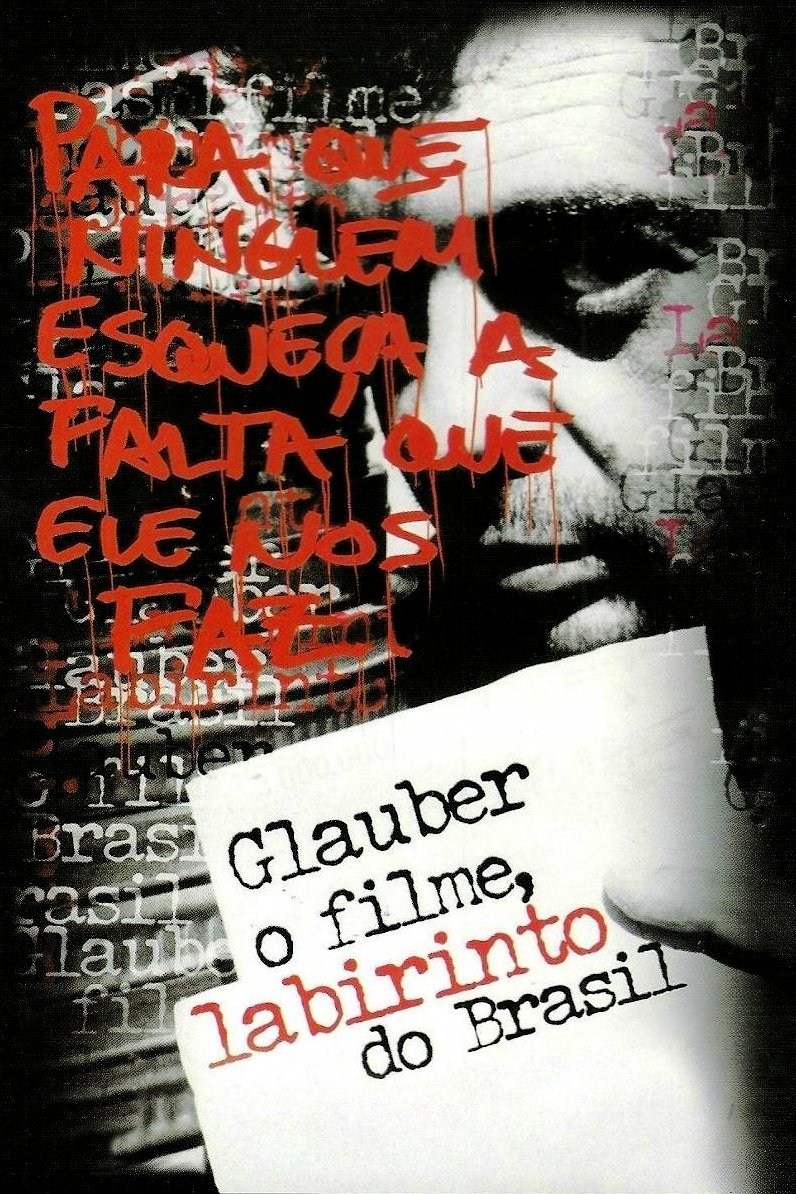
Glauber Rocha - The Movie, Brazil's Labyrinth
(Self)
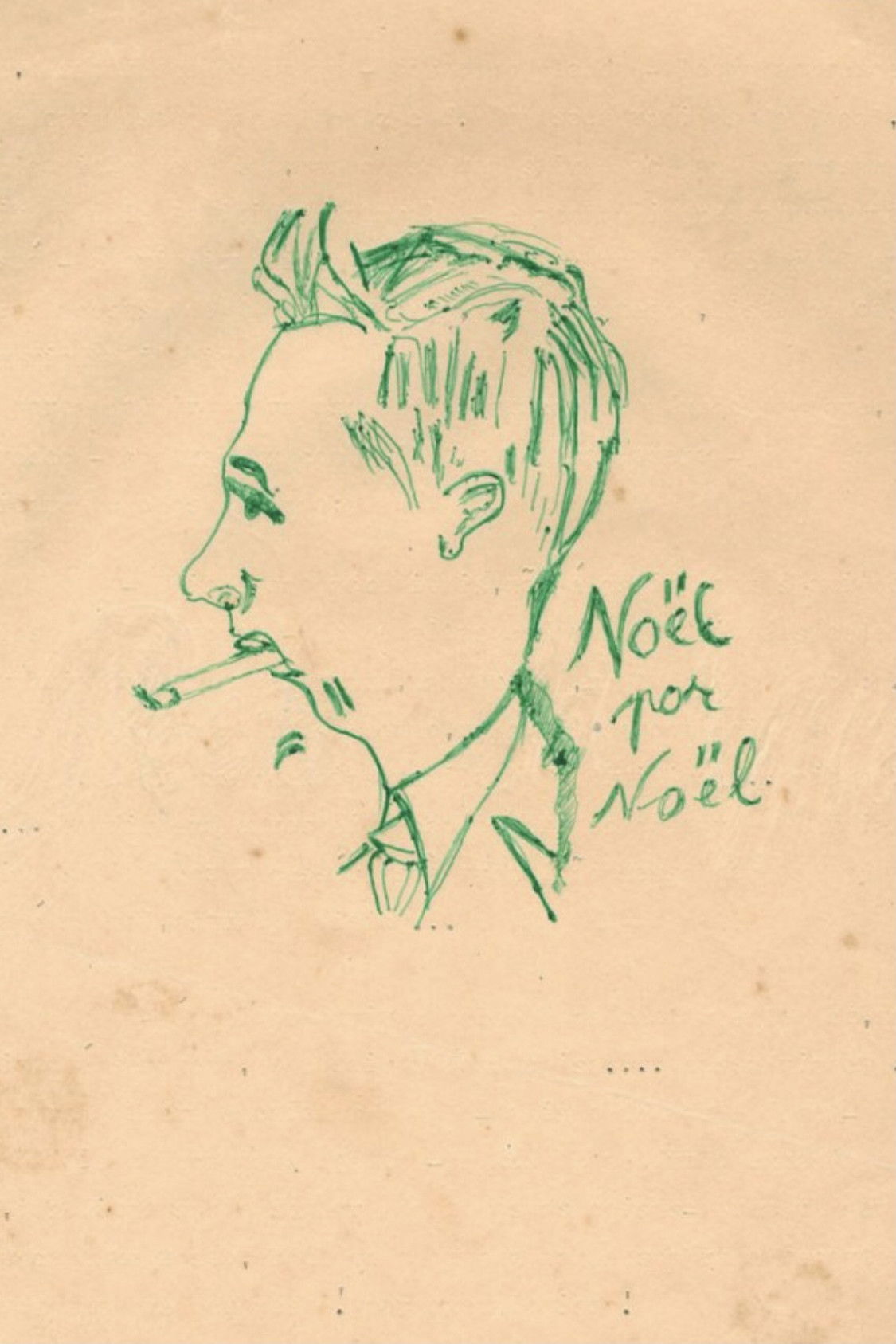
Noel por Noel
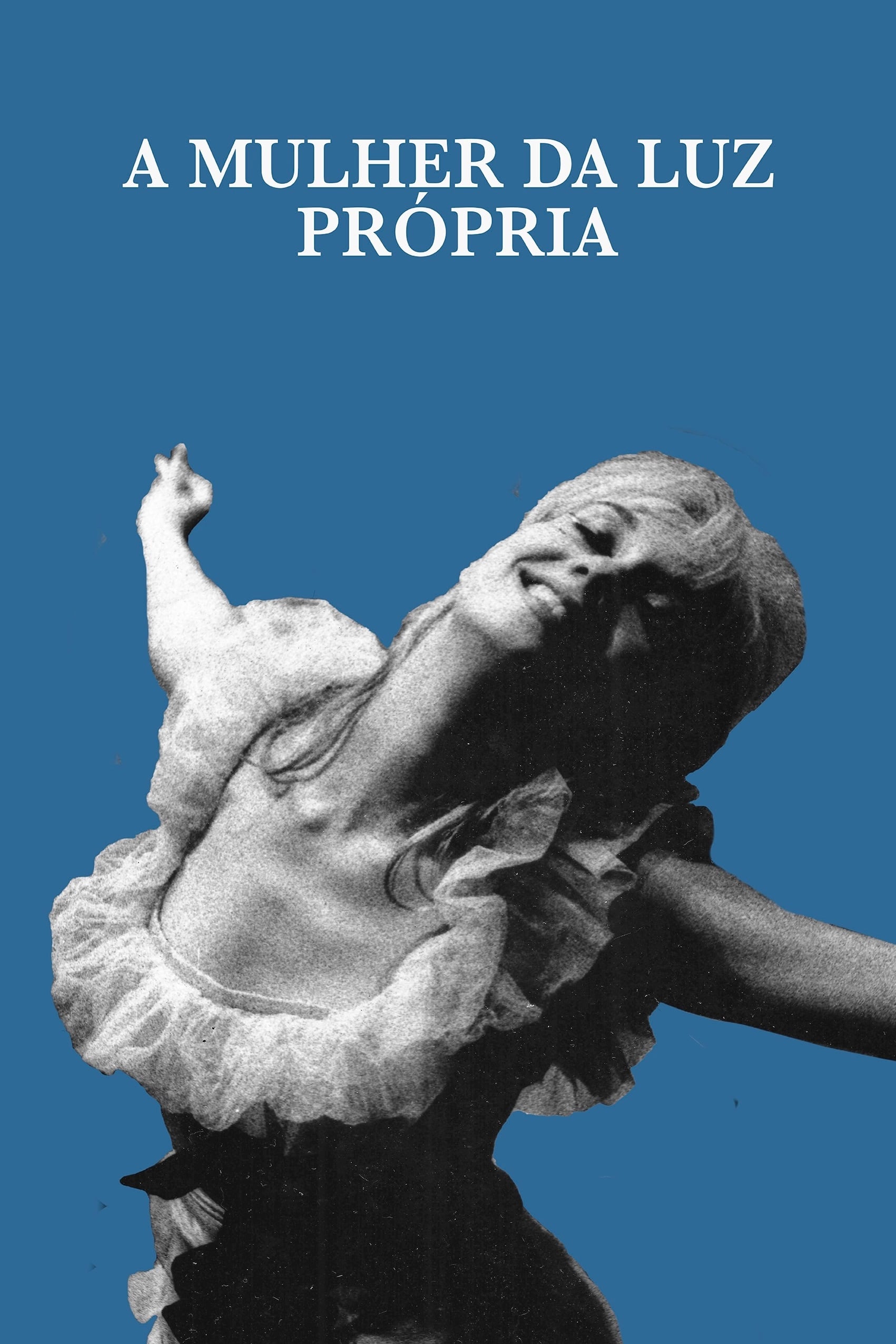
A Mulher da Luz Própria
(Self (archive footage))
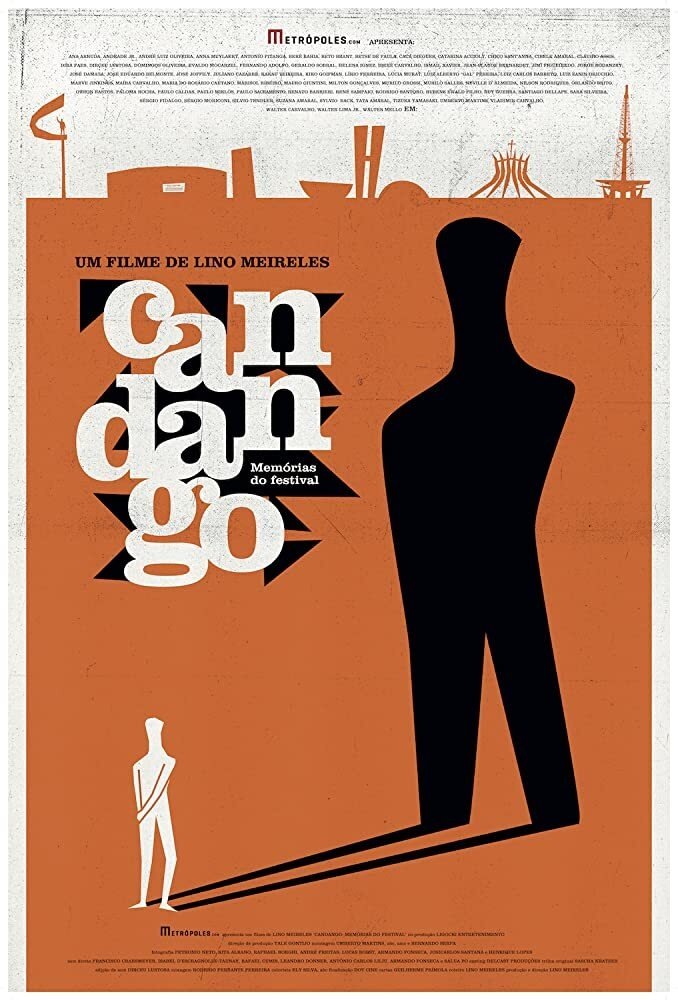
Candango: Memoirs from a Festival
(Self (archive footage))
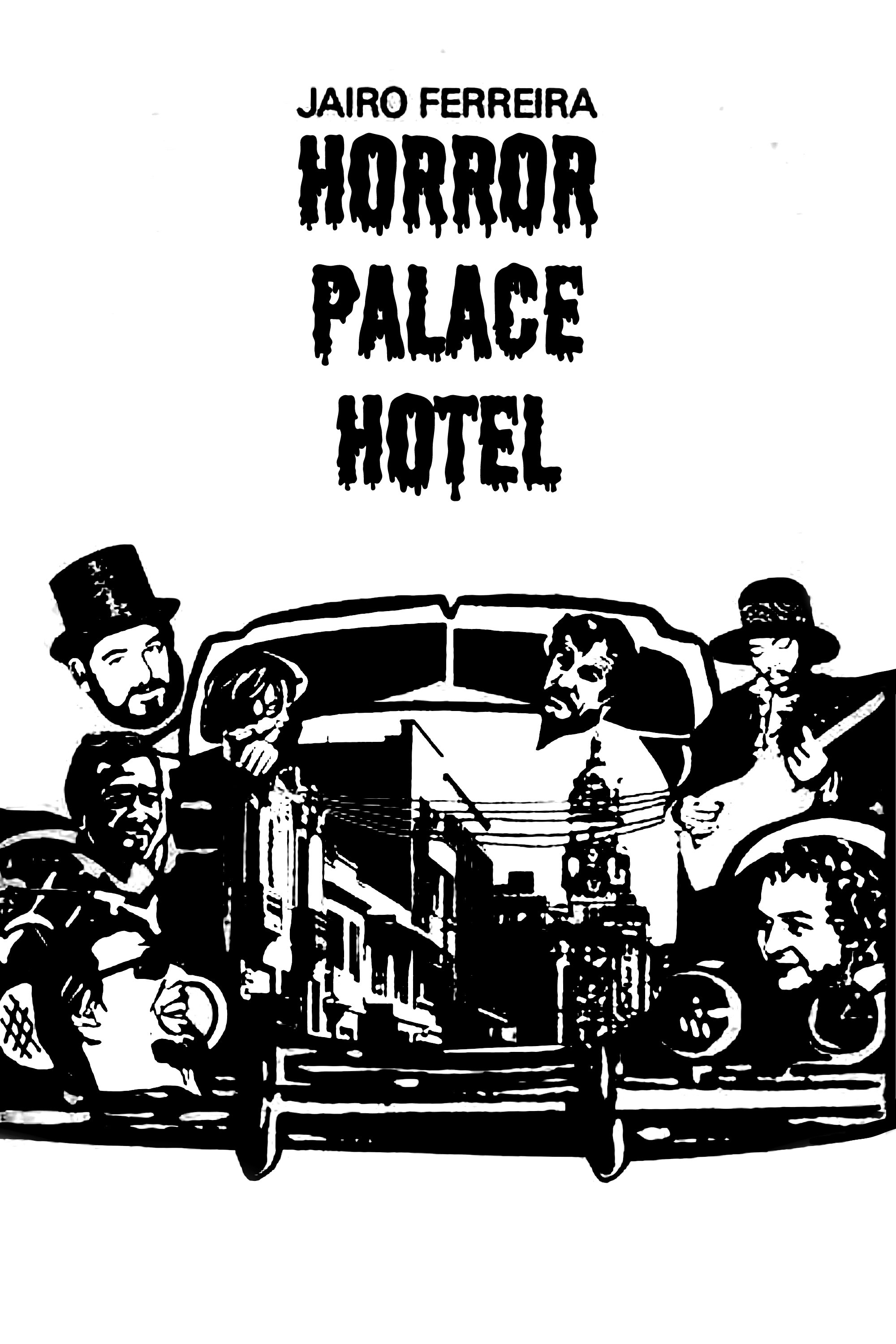
Horror Palace Hotel
(Himself)
Rogério Sganzerla e Sylvio Renoldi sobre "O Bandido da Luz Vermelha"

The Long Voyage of the Yellow Bus
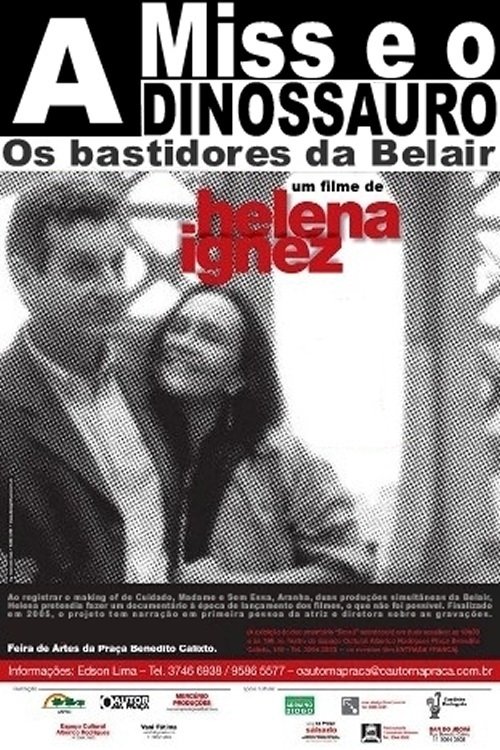
A Miss e o Dinossauro
(Himself (archive footage) / (Voz em Off))
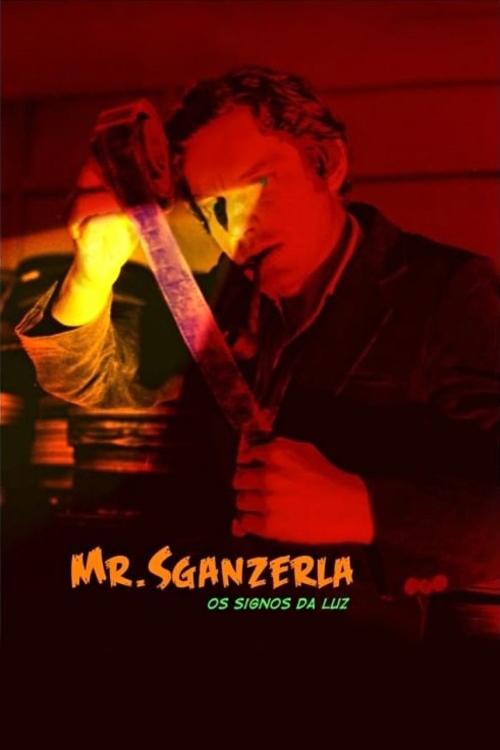
Mr. Sganzerla: Os Signos da Luz
O Galante Rei da Boca
(Himself)

Copacabana, Mon Amour: A Restauração
(Self (archive footage))
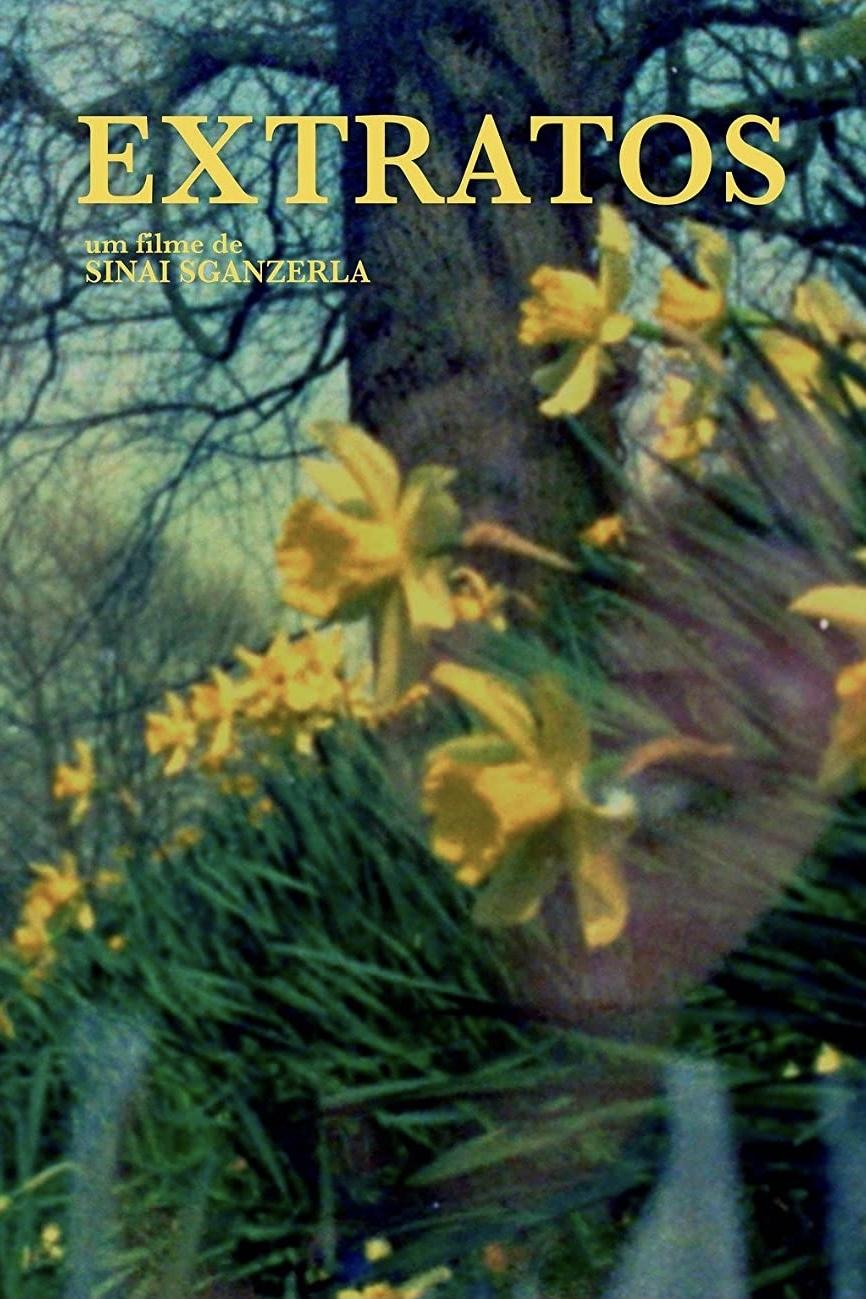
Extracts
The Universe of Mojica Marins
(Self)
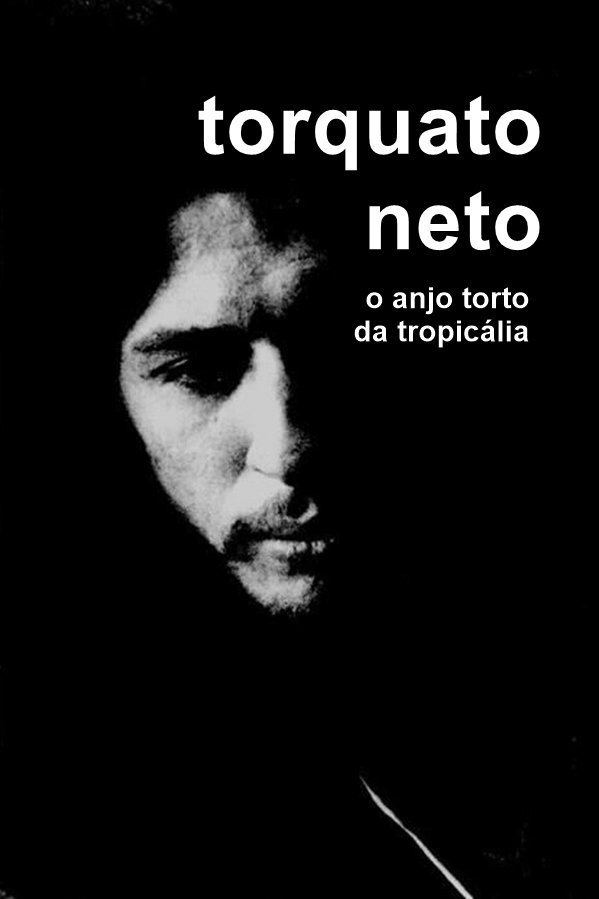
Torquato Neto, O Anjo Torto da Tropicália
(Self)
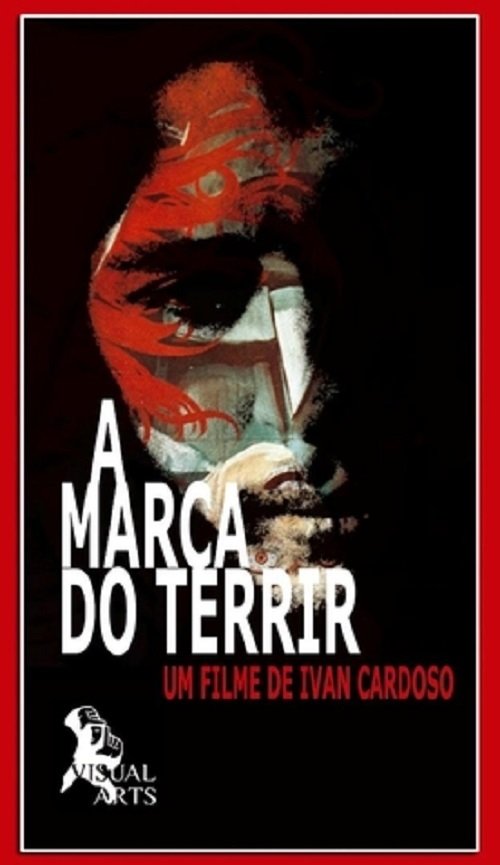
A Marca do Terrir
(Self)
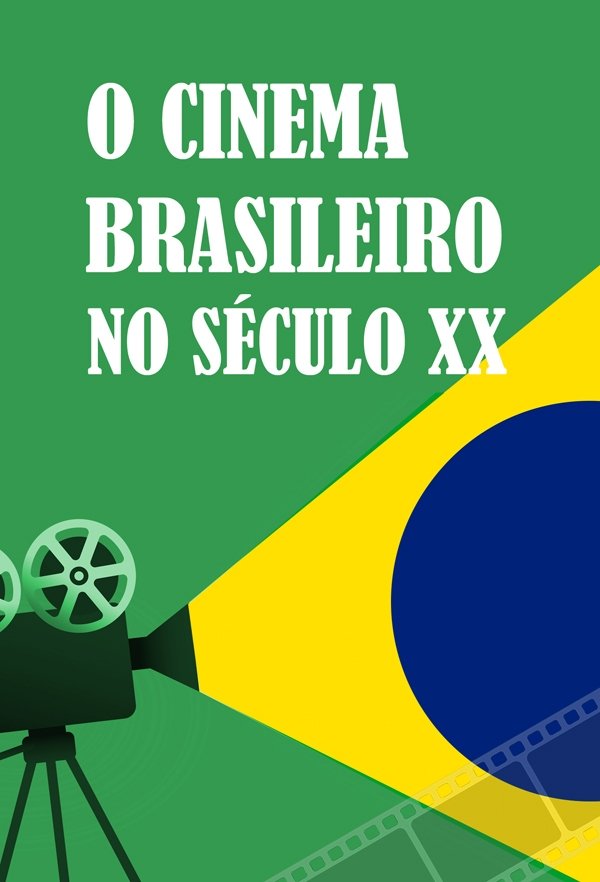
Brazilian Cinema in the 20th Century
(Self)
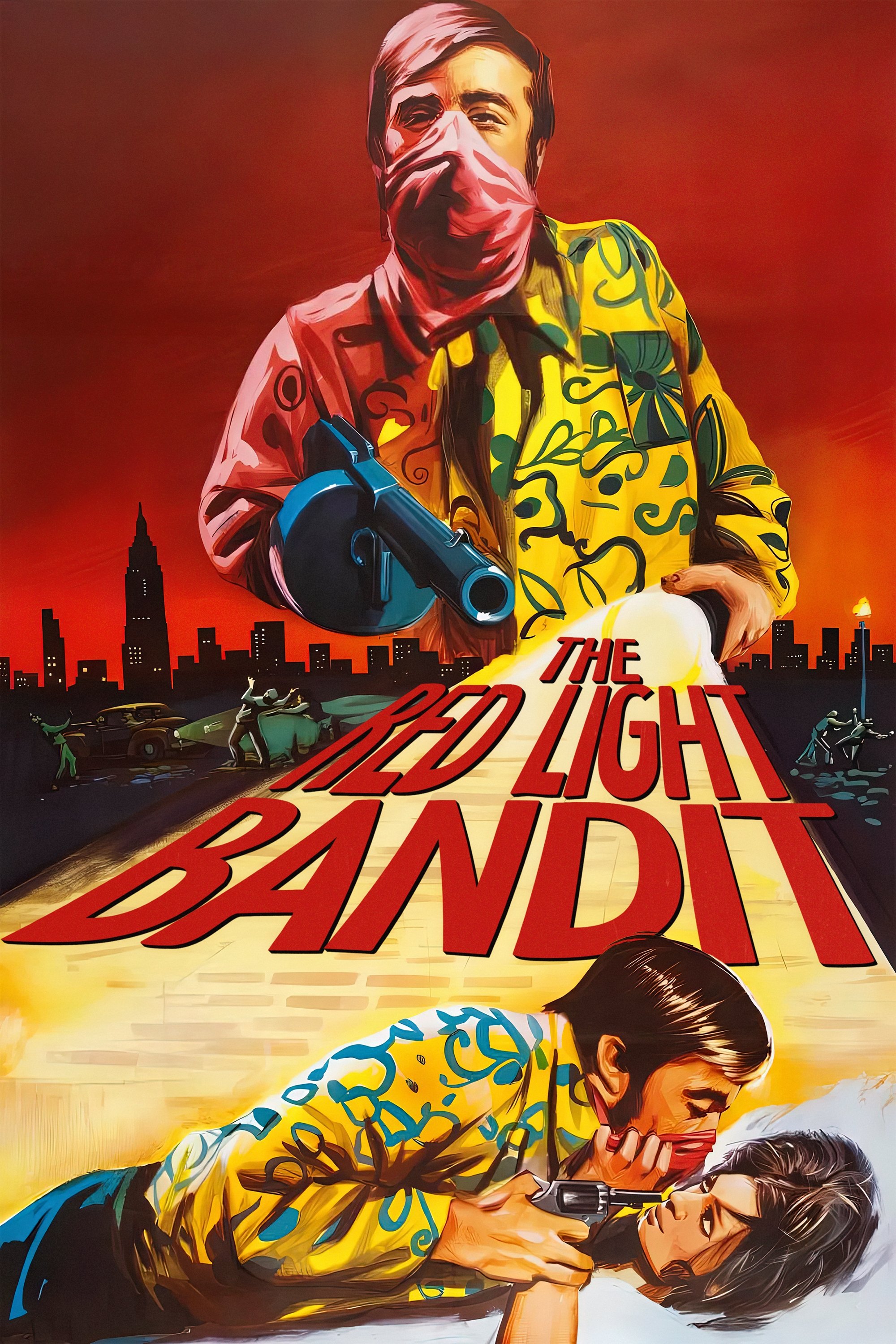
The Red Light Bandit
(Man in the theater (uncredited))
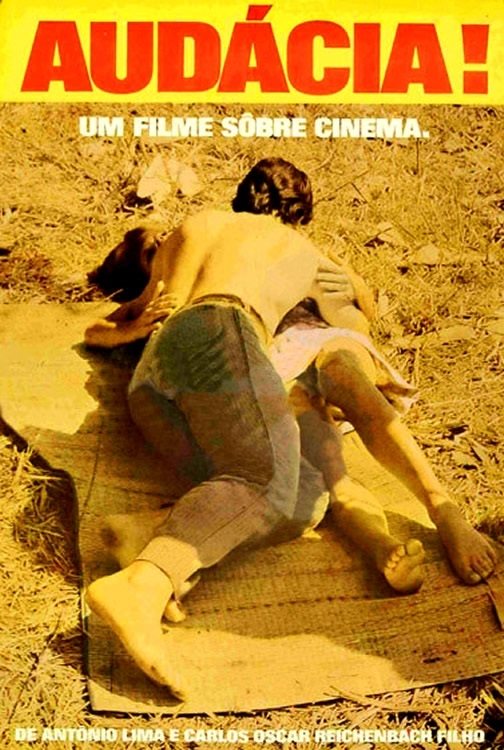
Audácia!
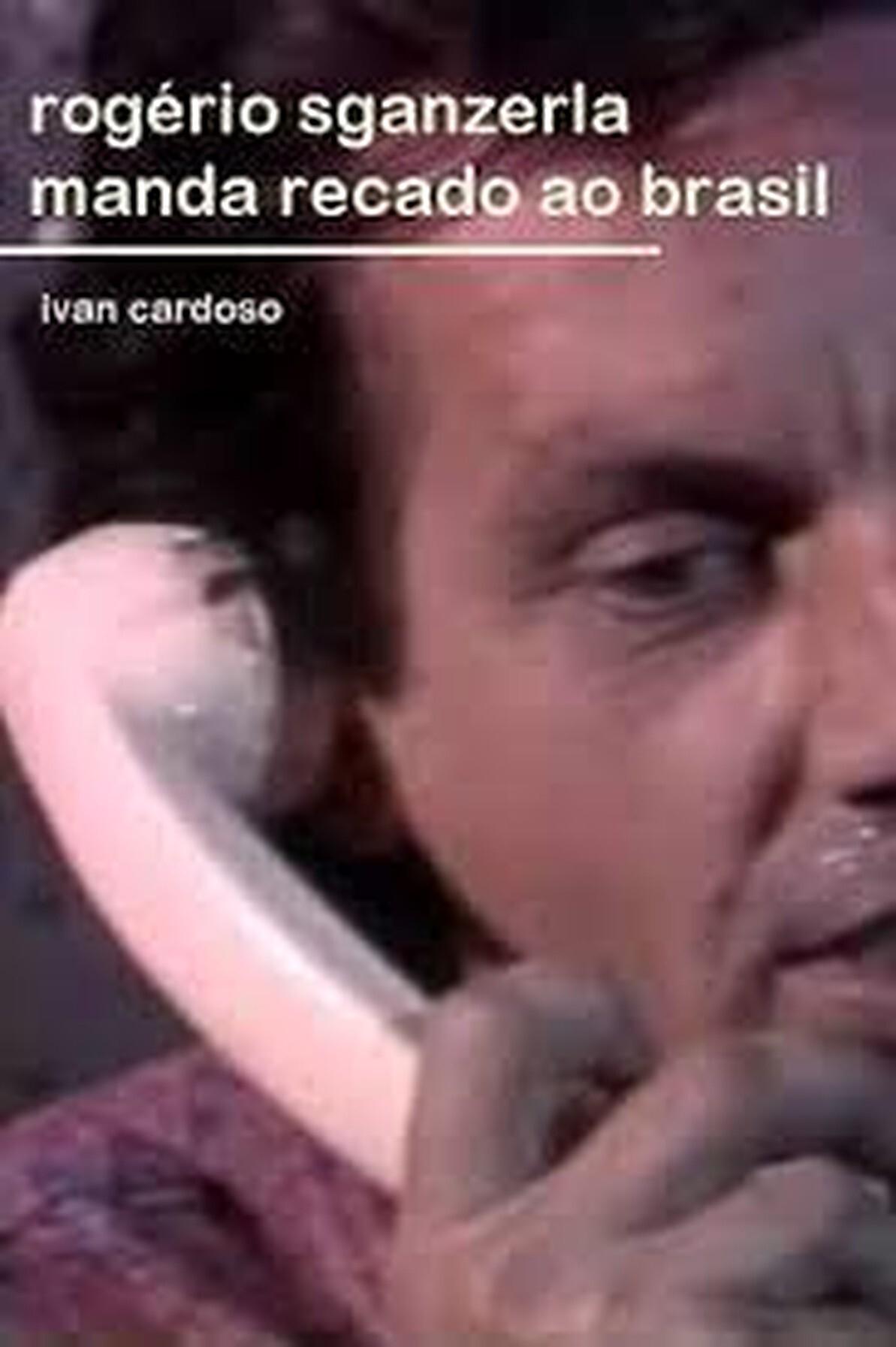
Rogério Sganzerla Send His Message to Brazil
(Himself)
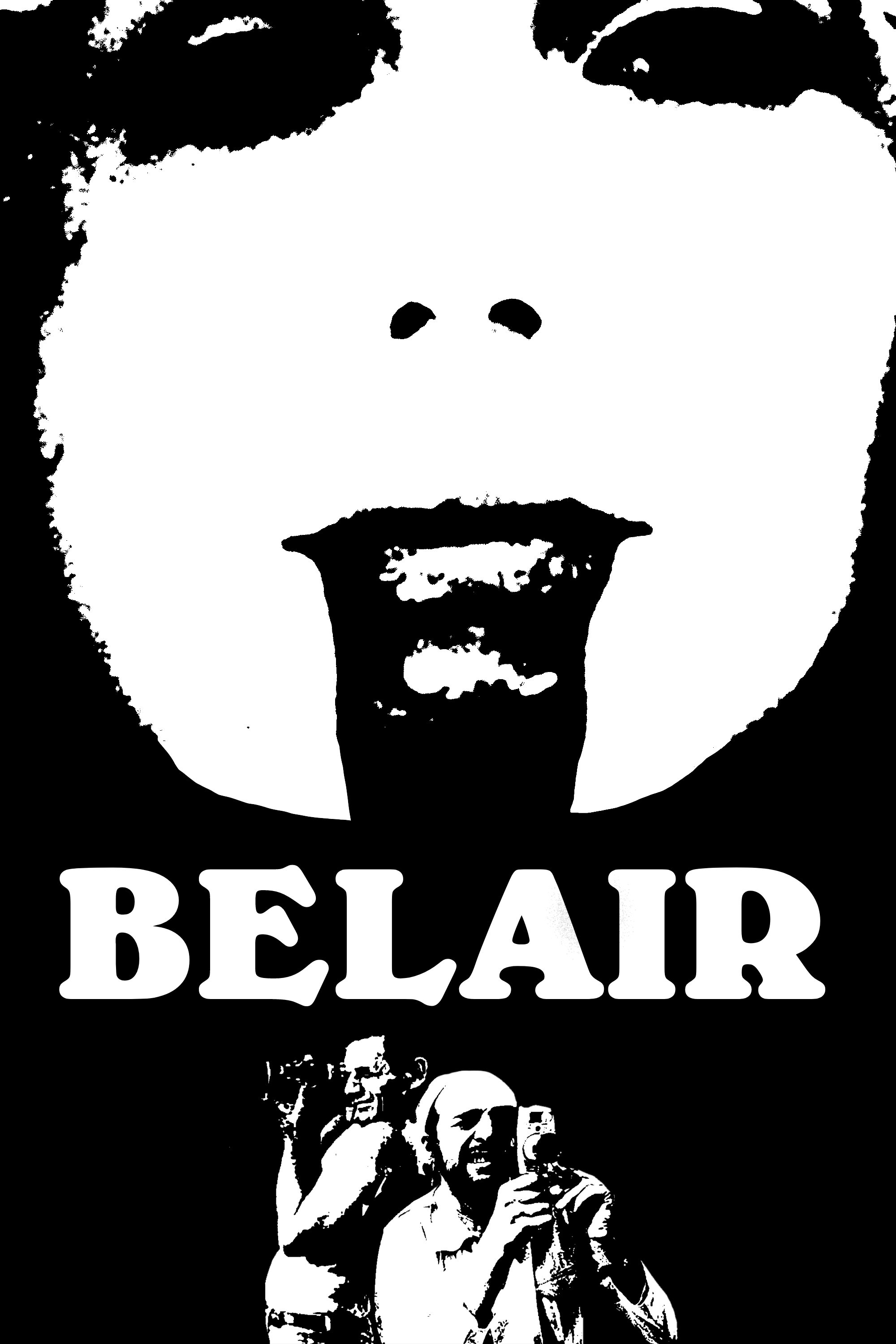
Belair
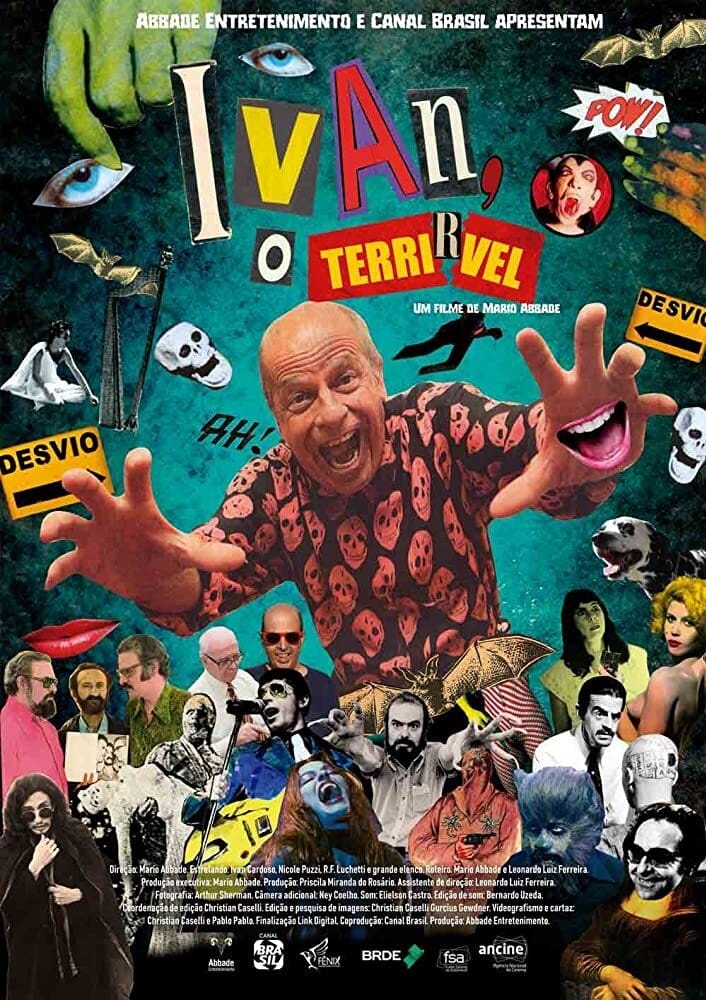
Ivan, the TerrirBle
(Self (archive footage))
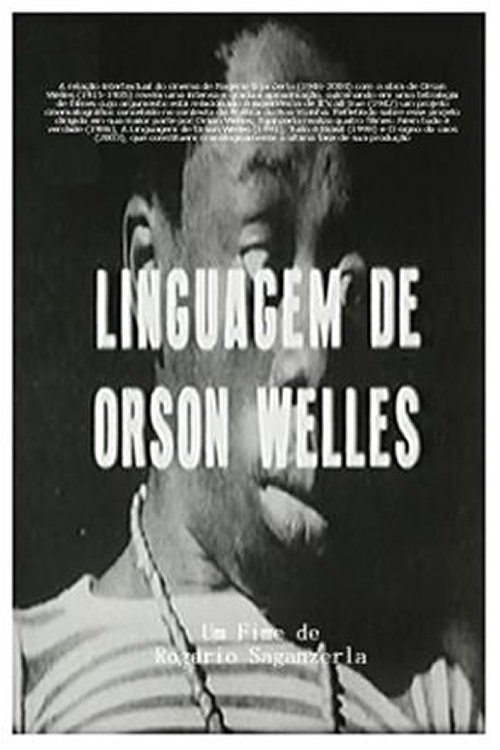
Welles' Language
(Self)
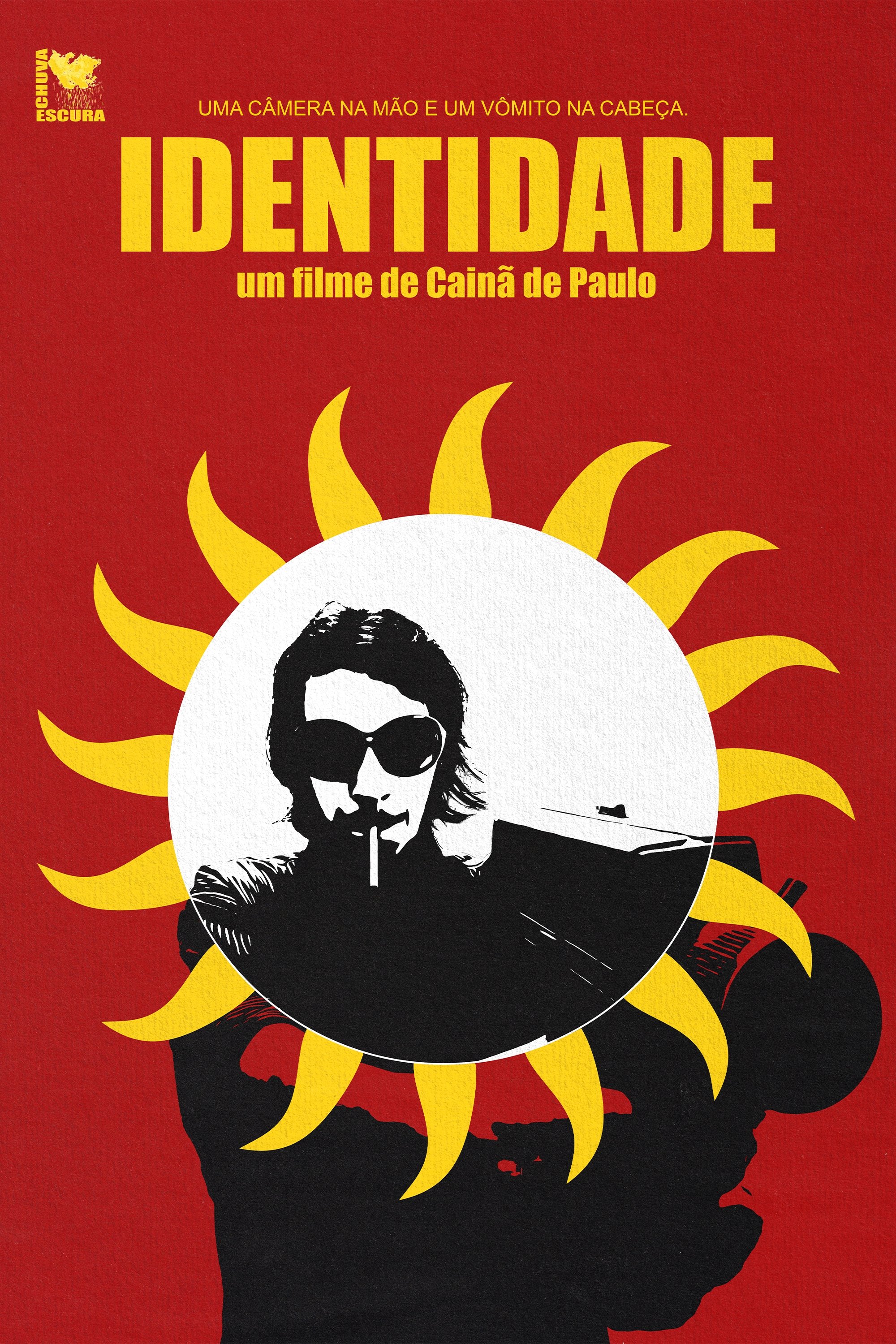
Identidade
(Rogério Sganzerla (Imagens de Arquivo))
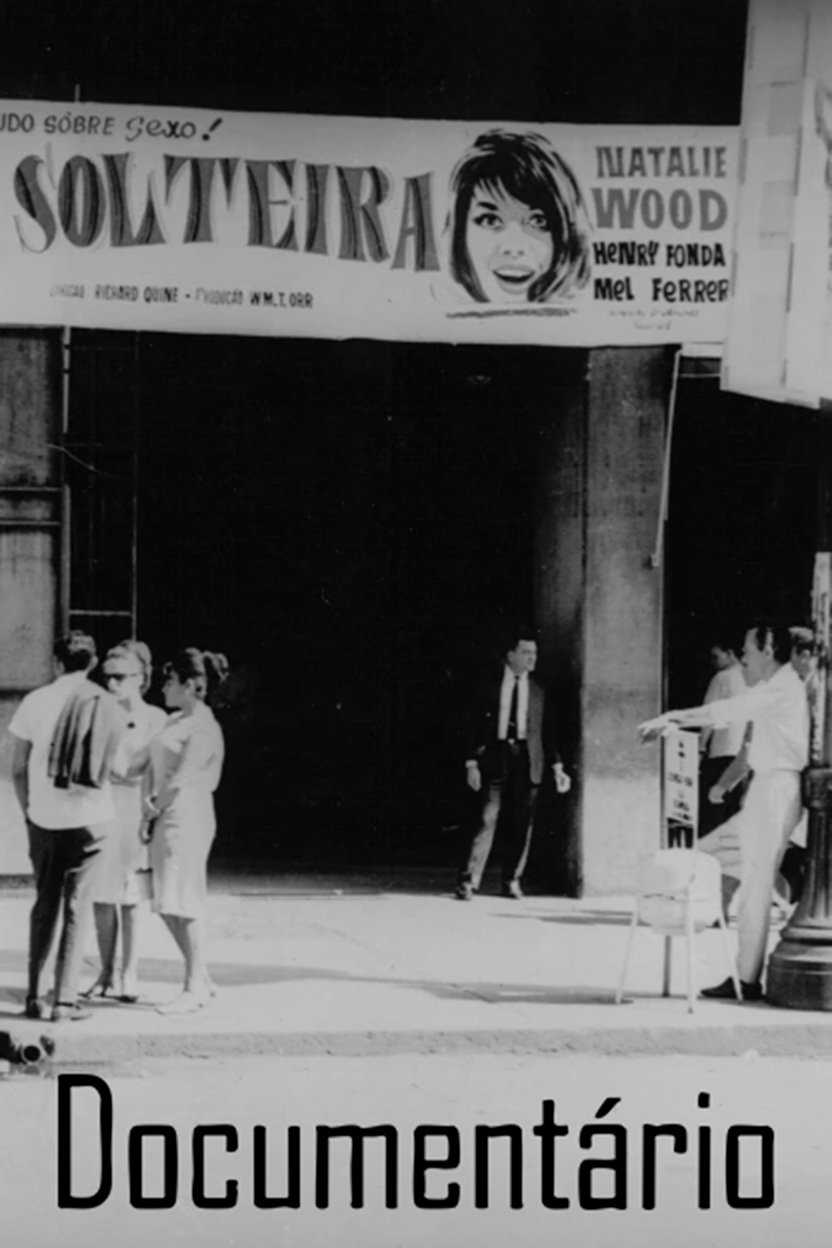
Documentário
(Writer)

Documentário
(Editor)
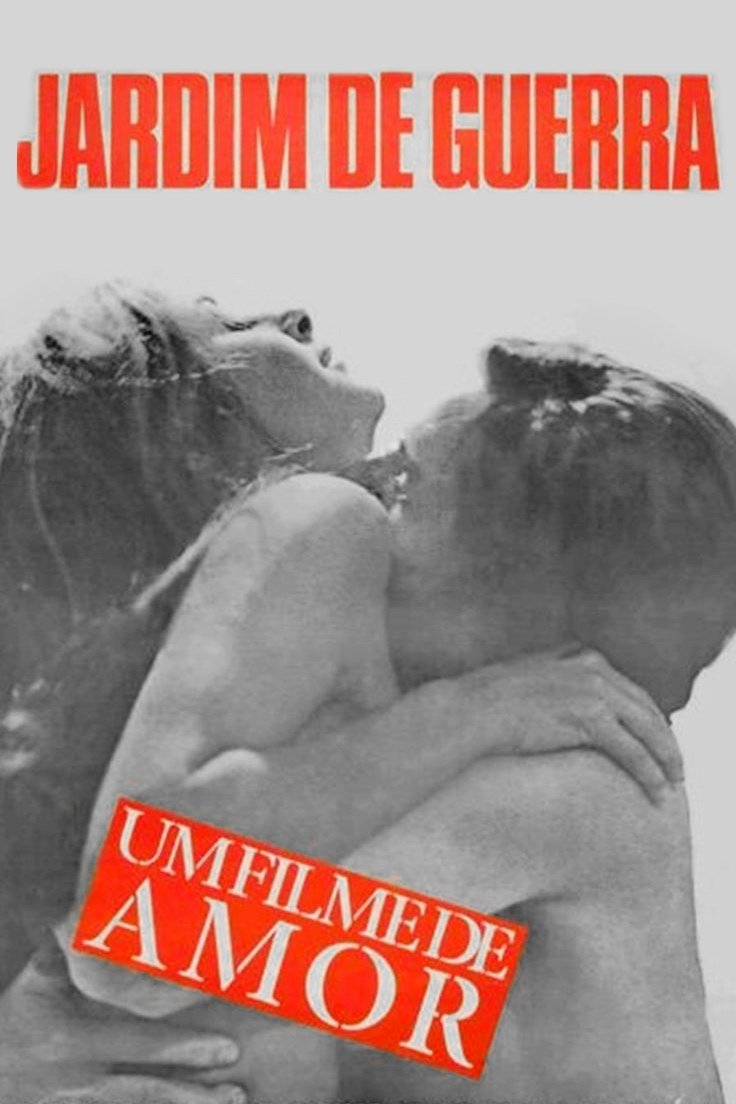
Garden of War
(Additional Writing)
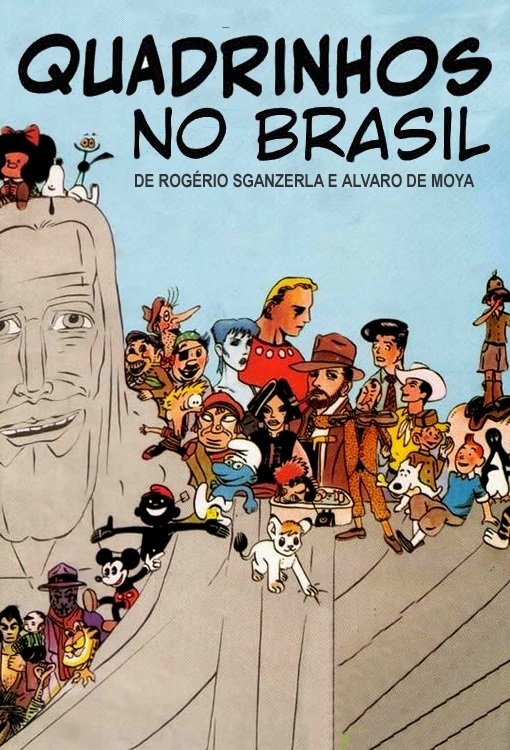
Quadrinhos no Brasil
(Director)
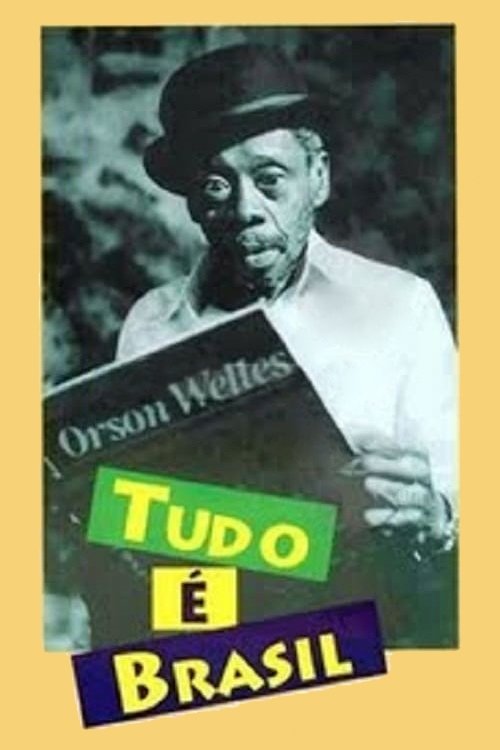
It's All Brazil
(Director)
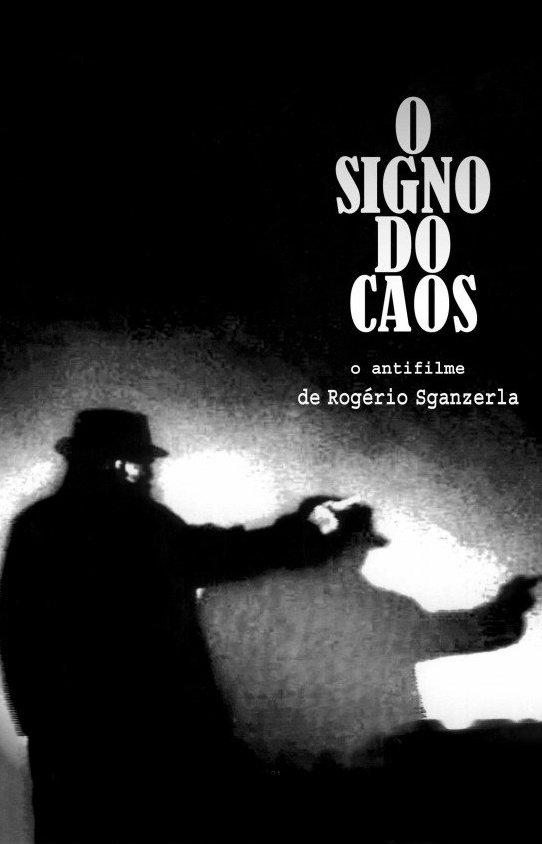
The Sign of Chaos
(Director)

The Red Light Bandit
(Director)

Documentário
(Director)
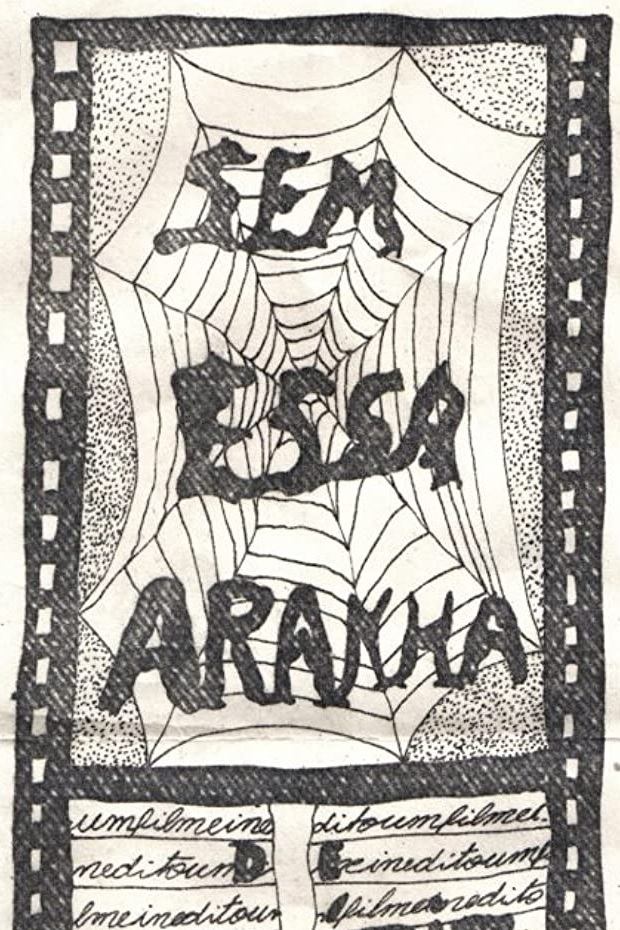
No Way, Spider
(Director)
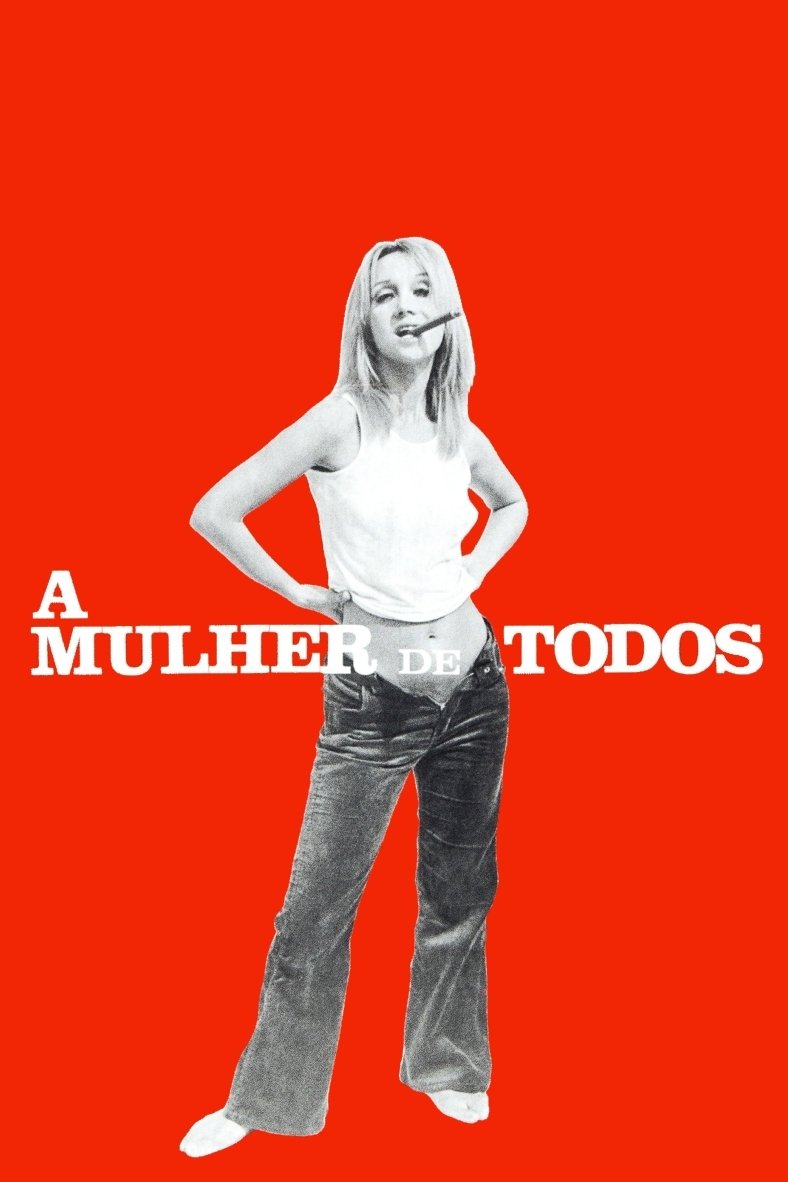
The Woman of Everyone
(Director)

Copacabana Mon Amour
(Director)
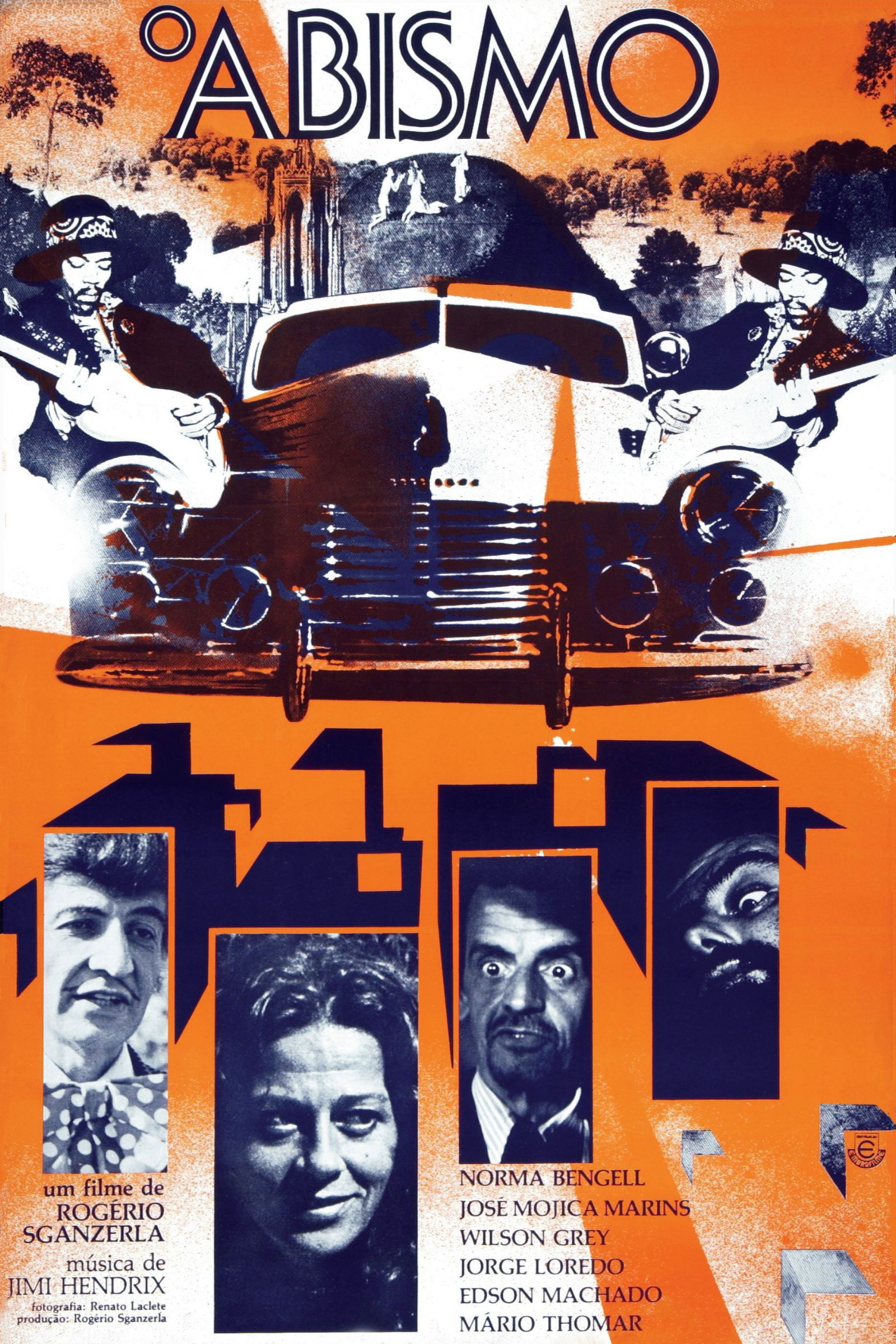
The Abyss
(Director)

Isto é Noel Rosa
(Director)
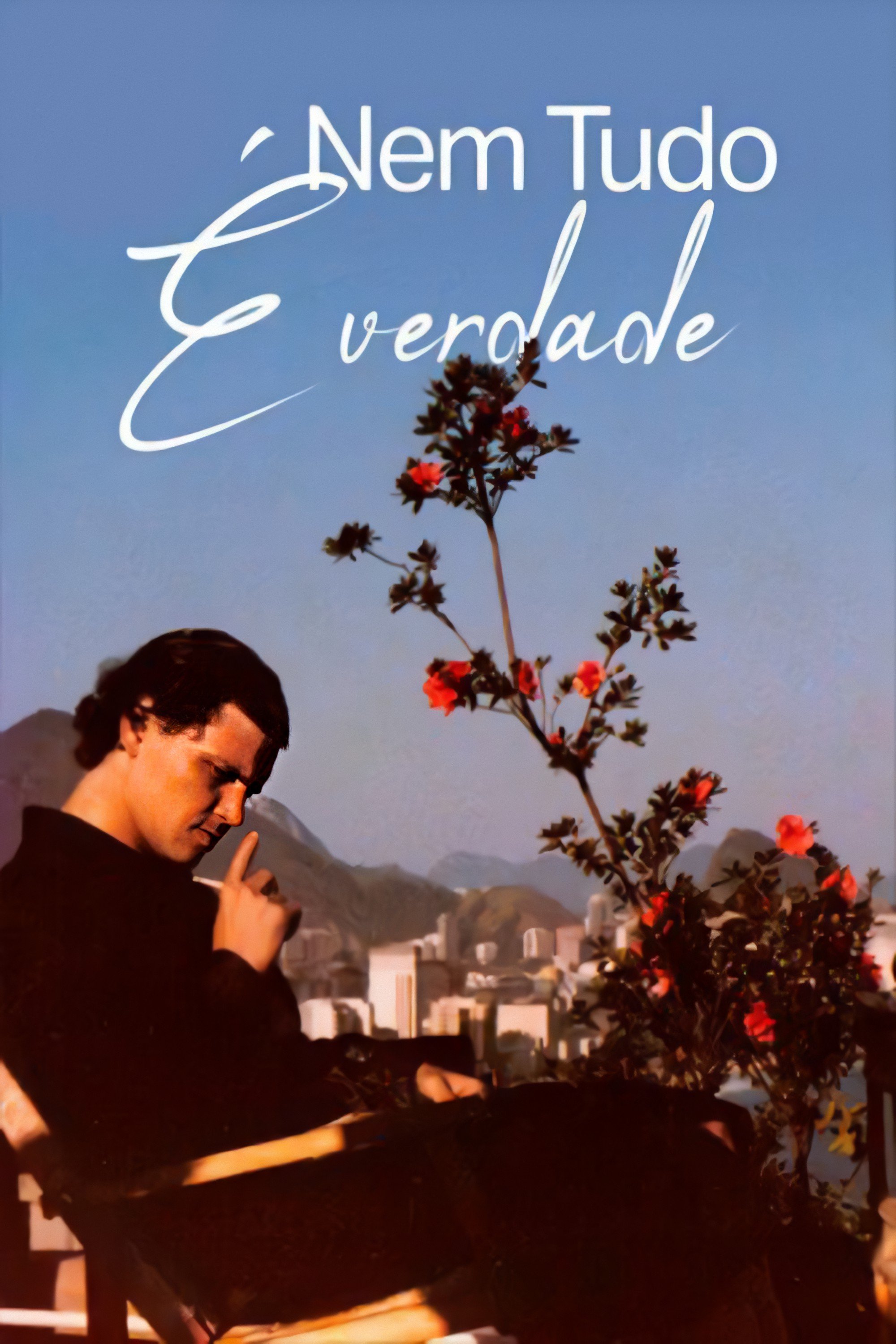
It's Not All True
(Director)
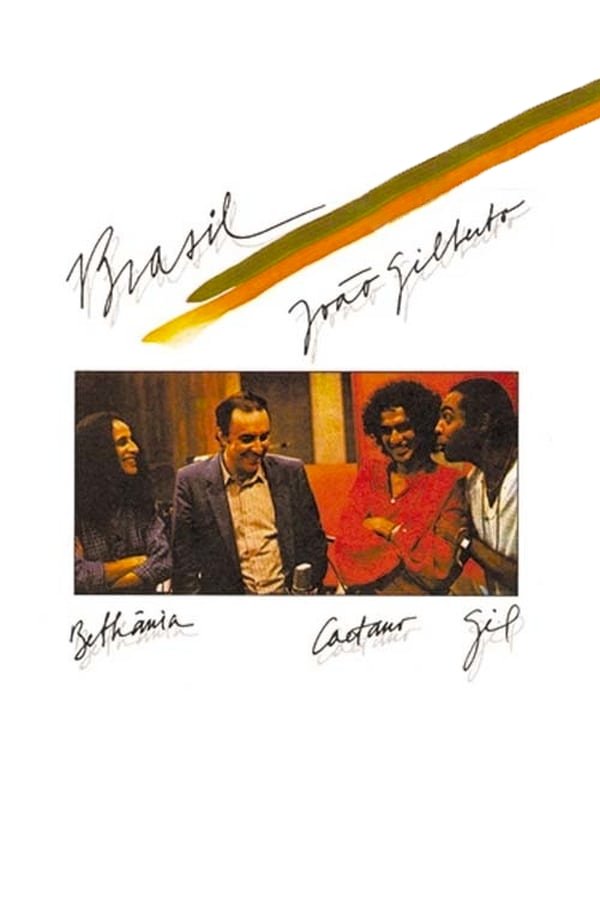
Brasil
(Director)

Welles' Language
(Director)
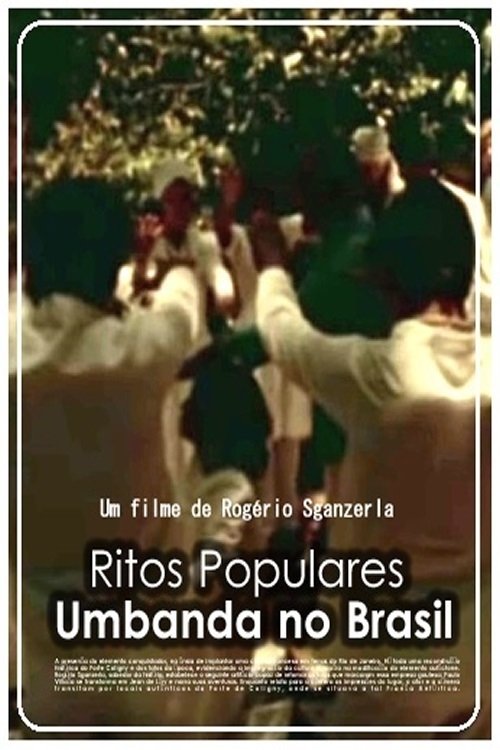
Ritos Populares: Umbanda no Brasil
(Director)

Quadrinhos no Brasil
(Writer)

Ritos Populares: Umbanda no Brasil
(Producer)

Ritos Populares: Umbanda no Brasil
(Writer)

Brasil
(Producer)
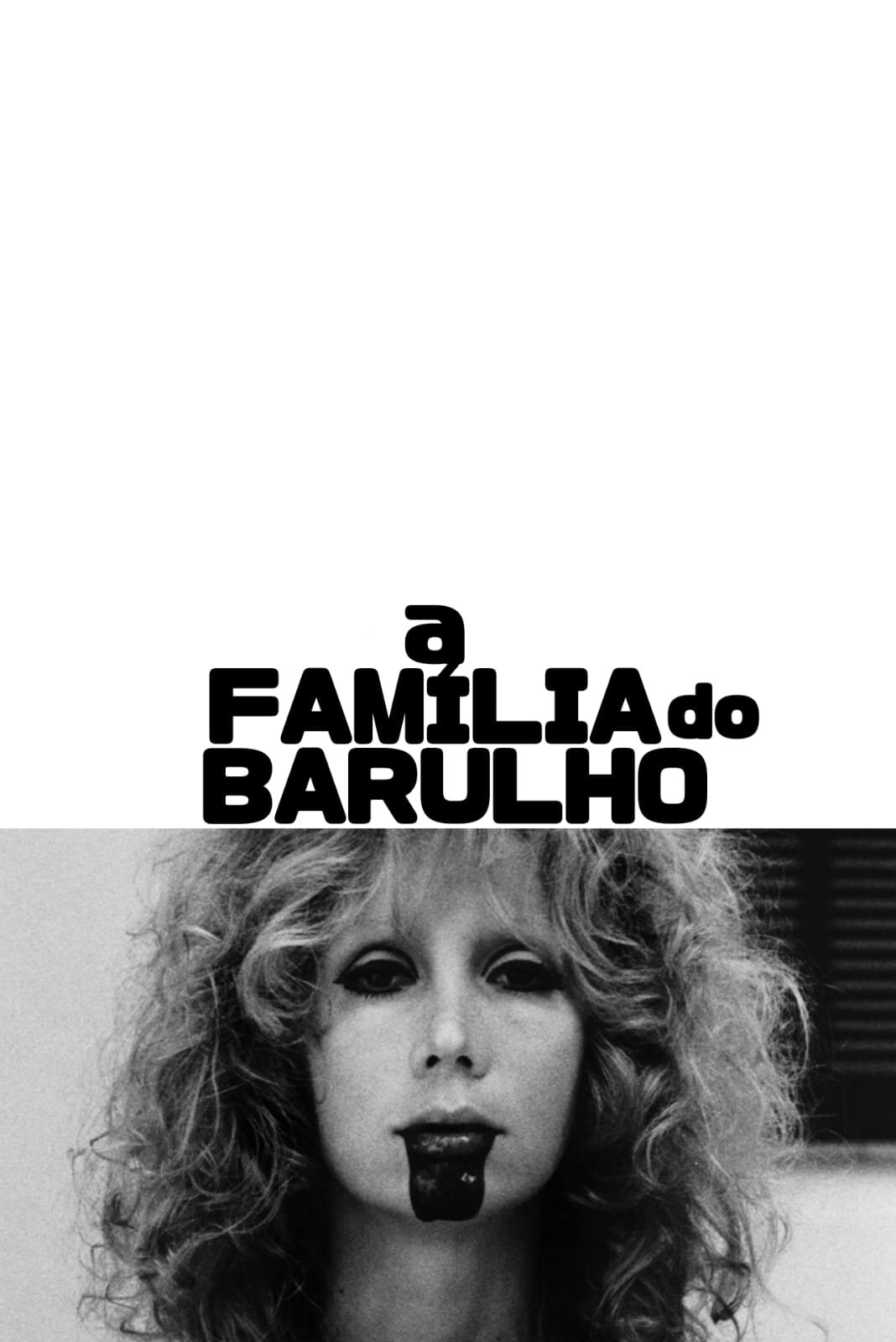
The Hullabaloo Family
(Producer)

Brasil
(Editor)

B2
(Editor)

B2
(Writer)
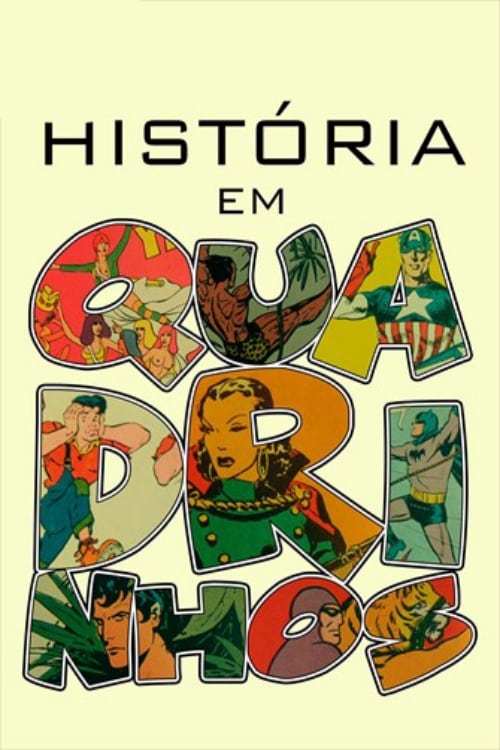
Comics
(Music)

Comics
(Director)

B2
(Director)
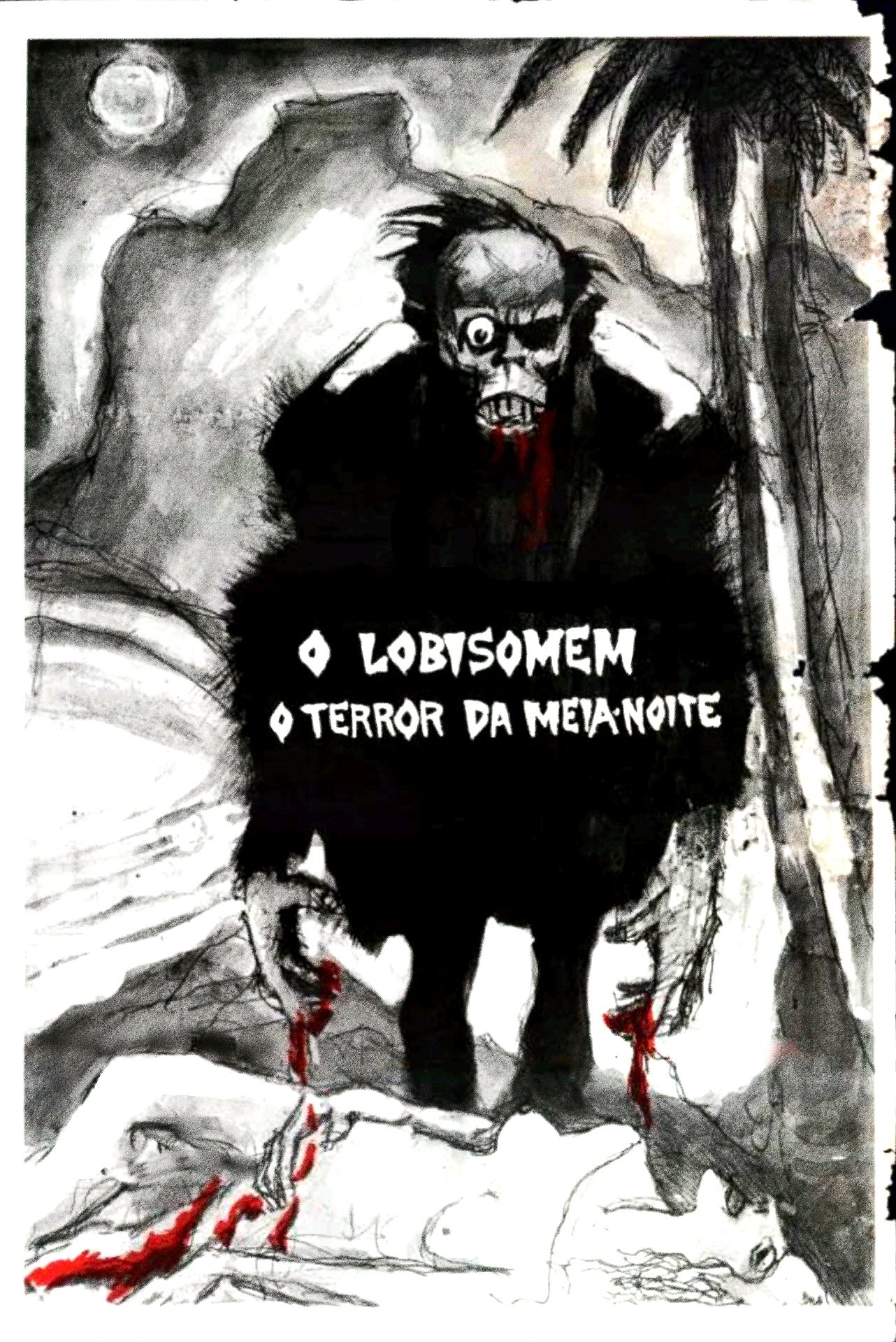
The Werewolf: A Midnight Terror
(Cinematography)

The Abyss
(Editor)

The Abyss
(Producer)

The Abyss
(Costume Design)
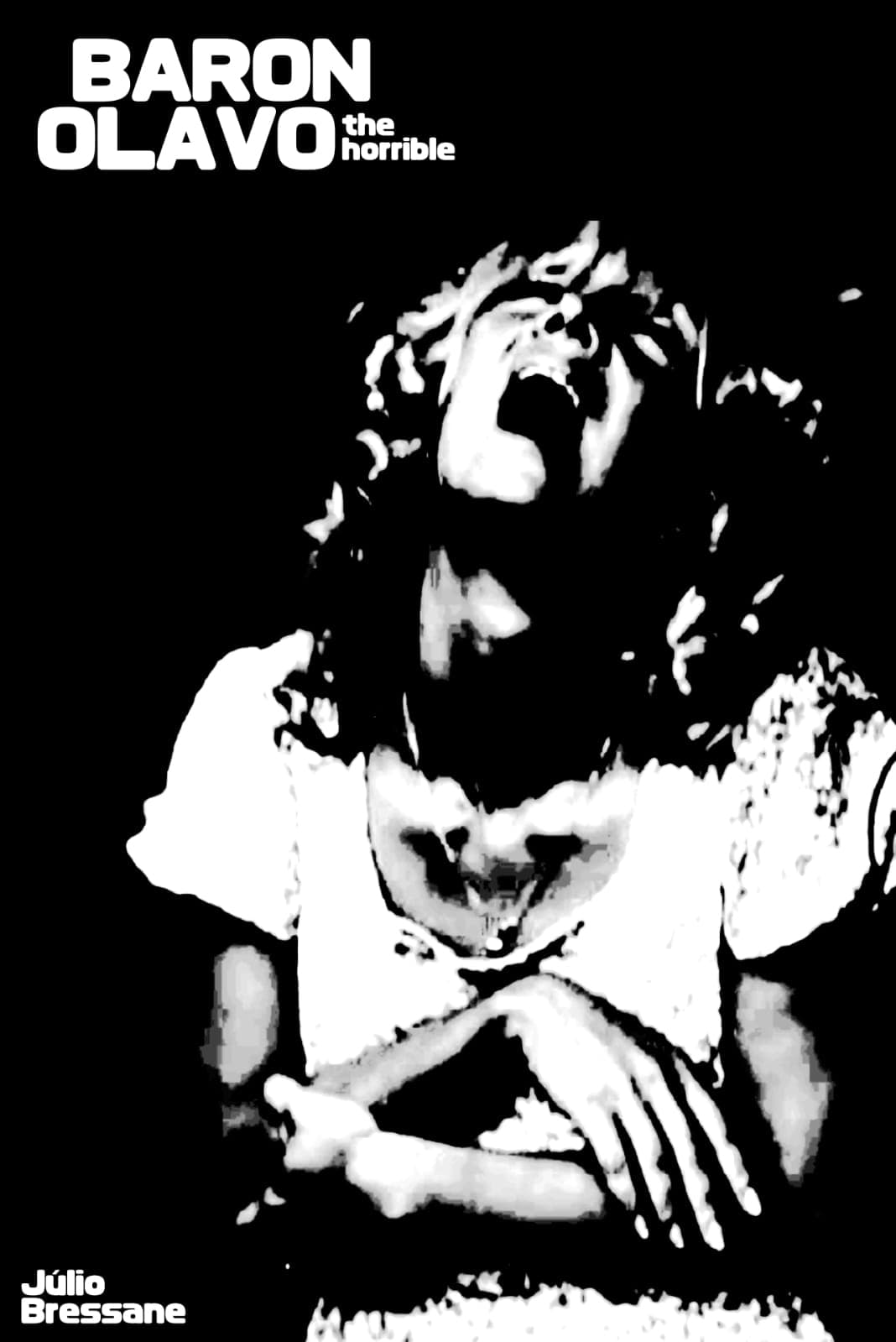
Baron Olavo, The Horrible
(Producer)

The Woman of Everyone
(Producer)
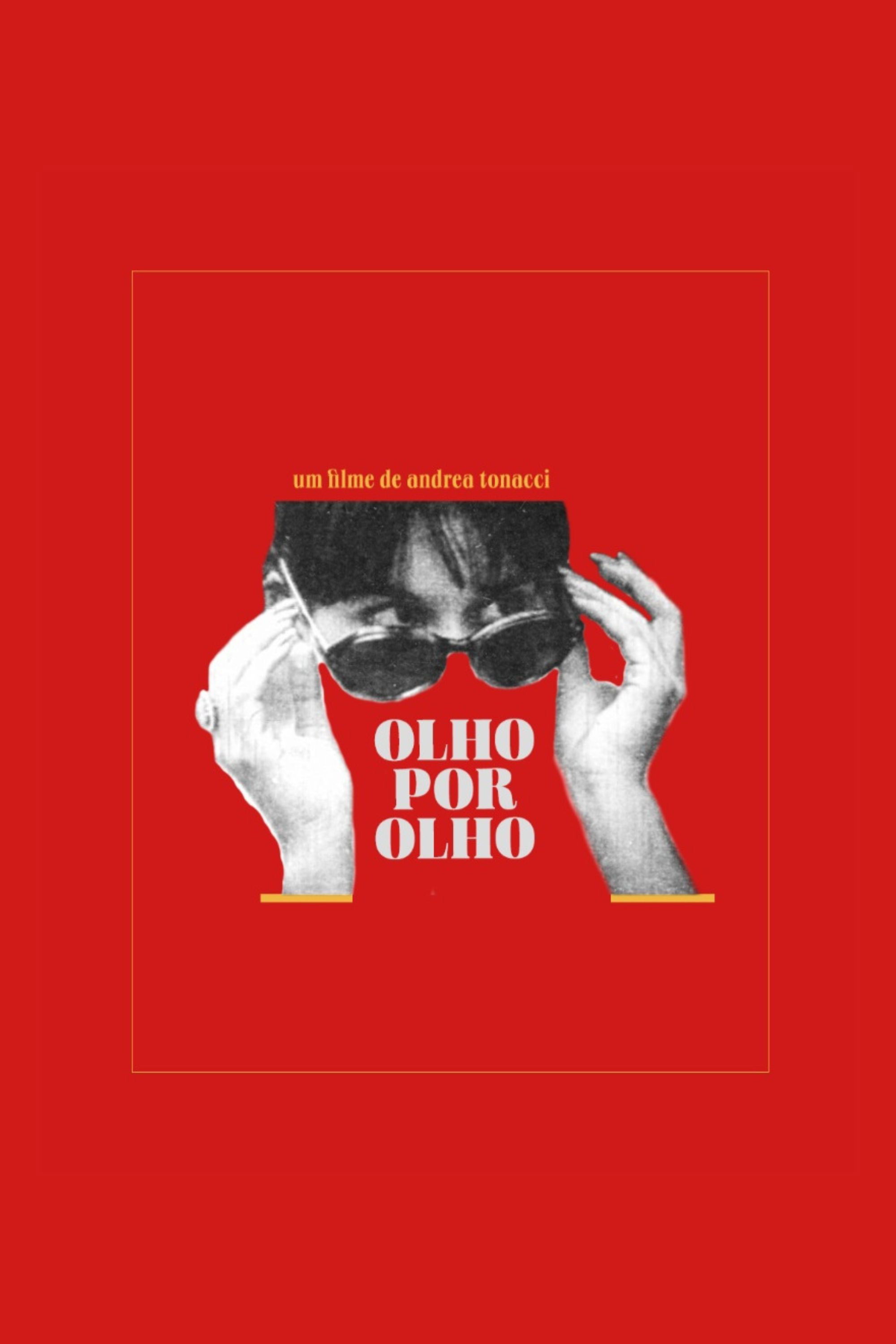
Eye for an Eye
(Editor)

Documentário
(Sound)

The Woman of Everyone
(Costume Design)

Documentário
(Producer)
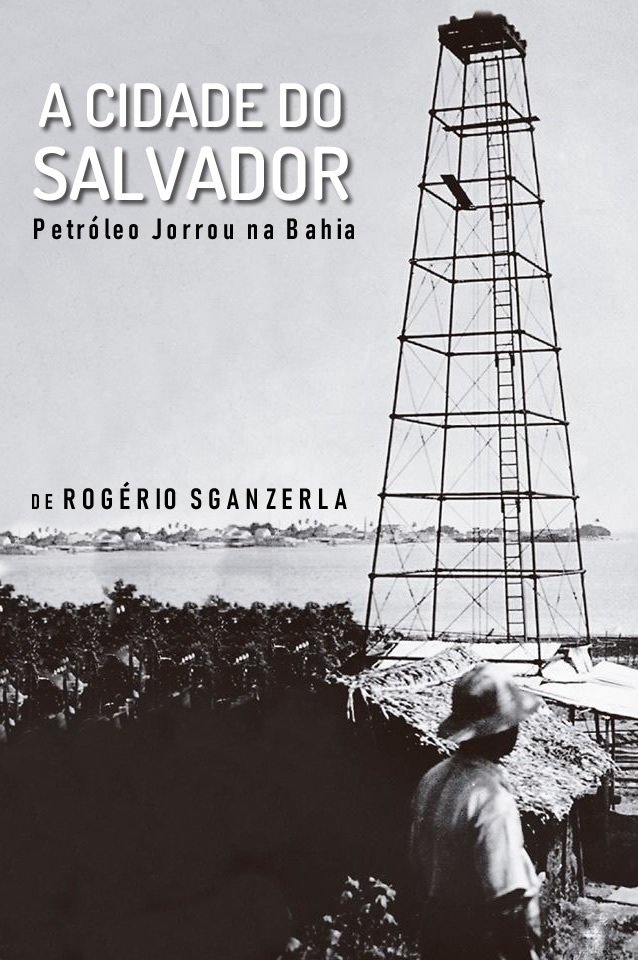
A Cidade do Salvador (Petróleo Jorrou na Bahia)
(Director)
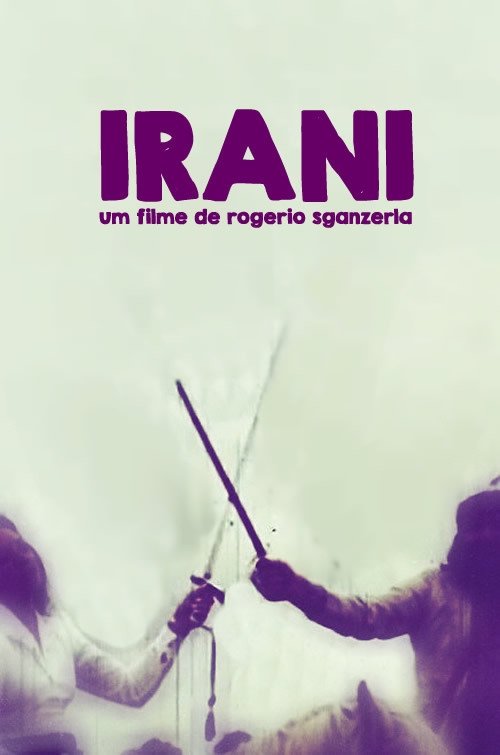
Irani
(Director)

A Cidade do Salvador (Petróleo Jorrou na Bahia)
(Editor)

Oswaldianas
(Director)

A Cidade do Salvador (Petróleo Jorrou na Bahia)
(Writer)

Irani
(Writer)

Irani
(Editor)

Noel por Noel
(Producer)

Noel por Noel
(Editor)

Noel por Noel
(Director)

Noel por Noel
(Writer)
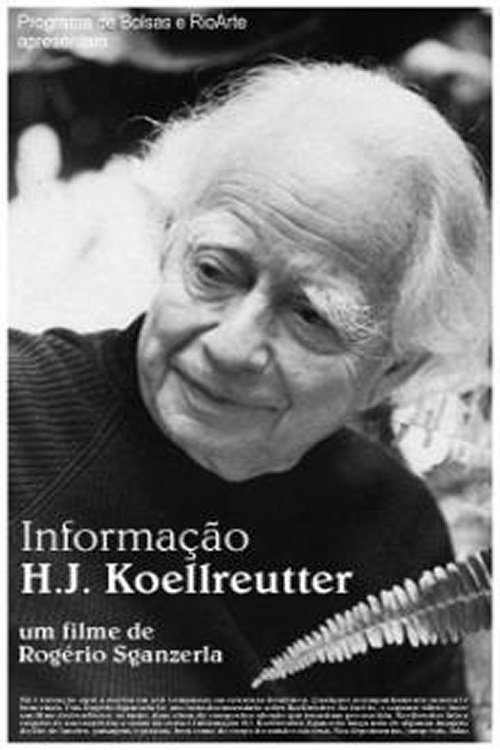
Informação H. J. Koellreutter
(Director)
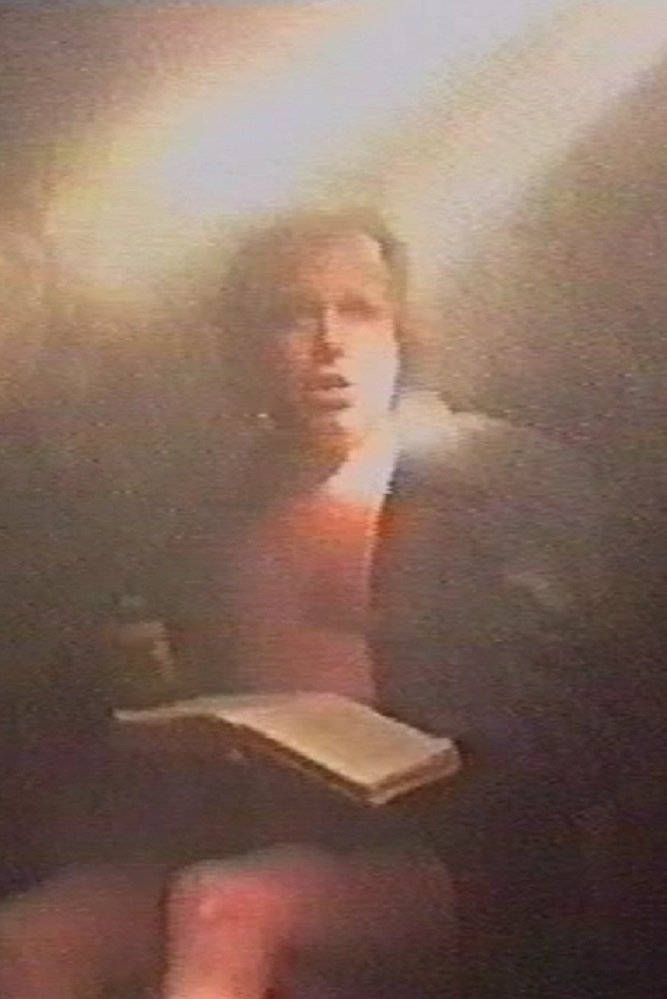
América: O Grande Acerto de Vespúcio
(Director)

The Woman of Everyone
(Production Design)
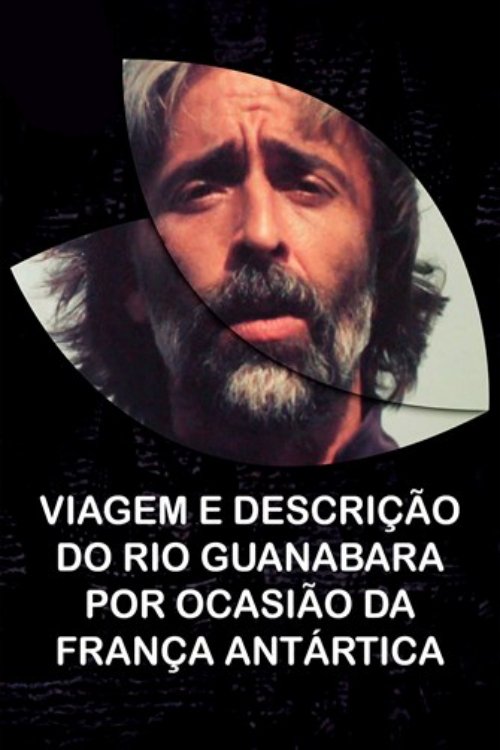
Travel and Description of the Guanabara River on the Occasion of Antarctic France
(Director)
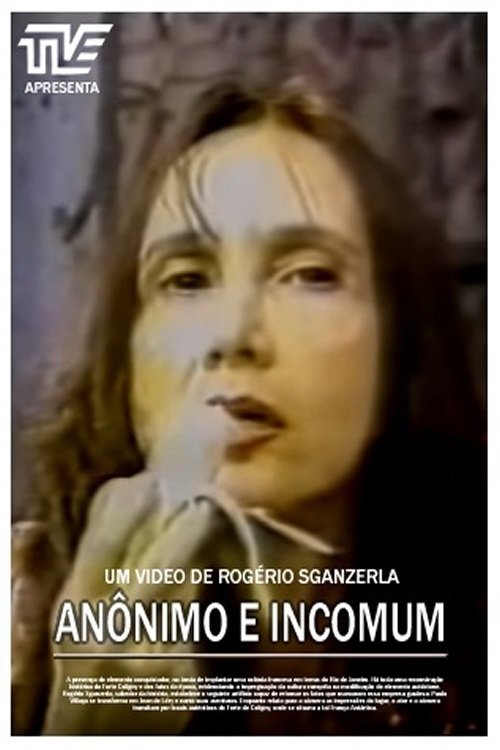
Anônimo e incomum
(Director)

Copacabana Mon Amour
(Screenplay)
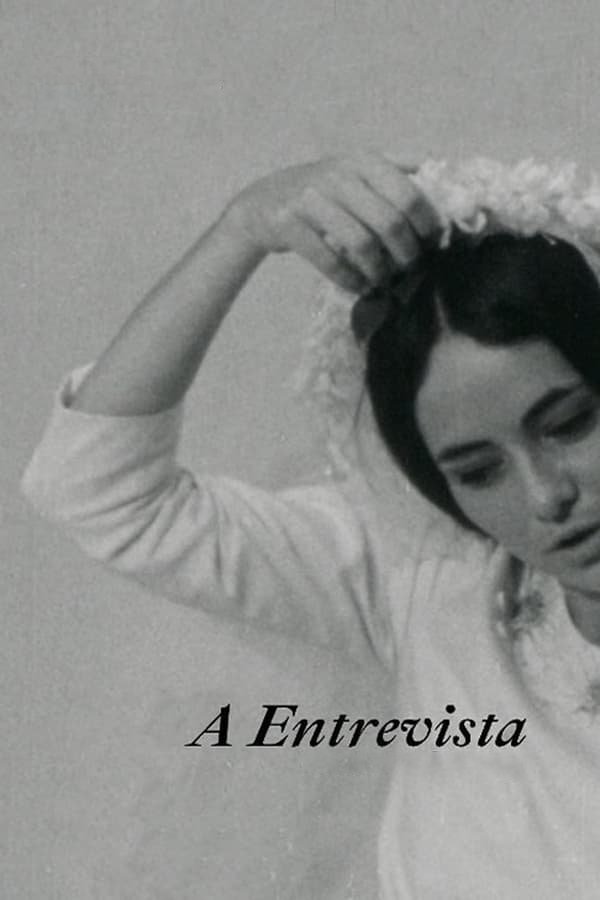
The Interview
(Editor)
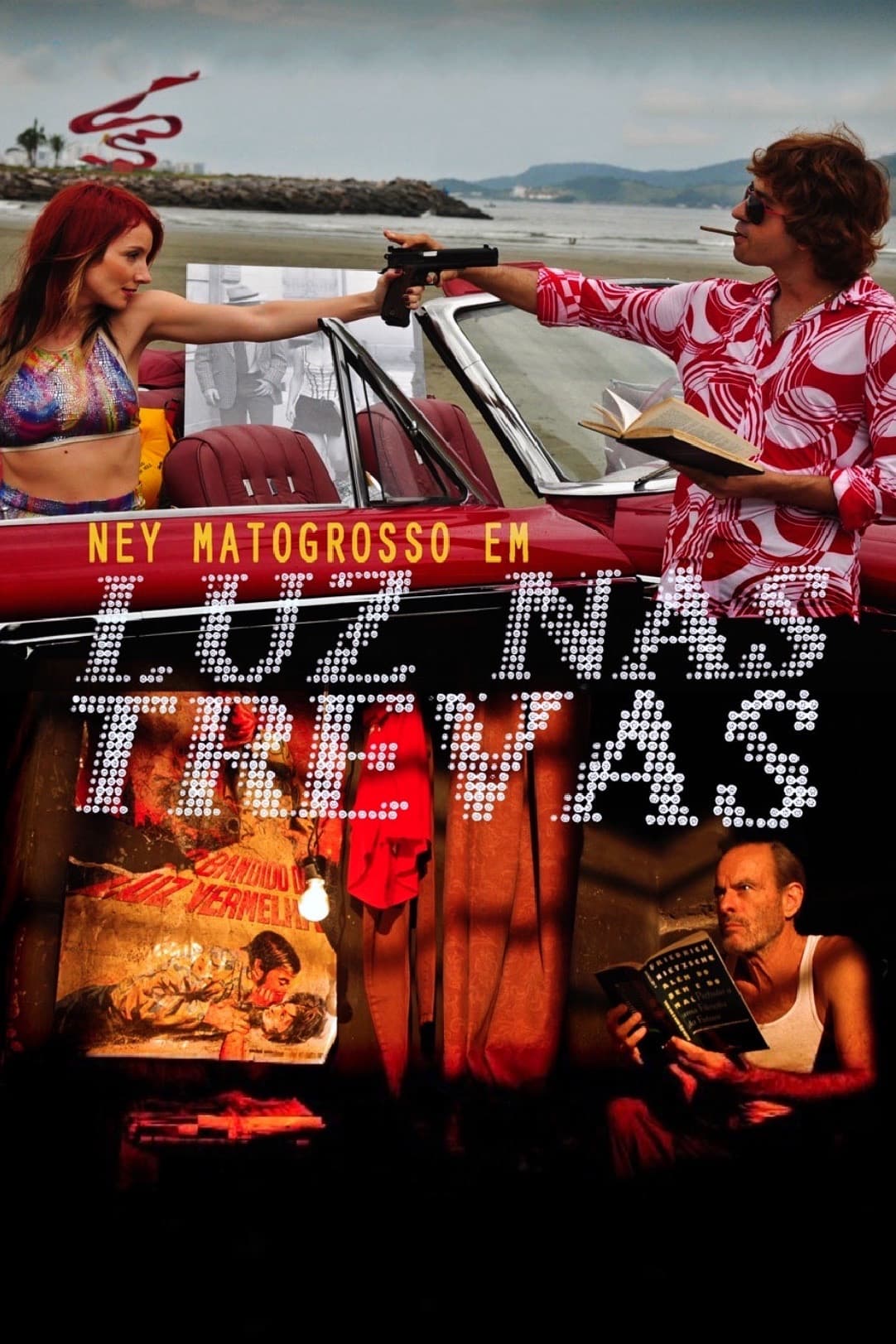
Light in Darkness: The Return of Red Light Bandit
(Story)

Light in Darkness: The Return of Red Light Bandit
(Writer)
Carnaval na Lama
(Sound)
Carnaval na Lama
(Writer)
Carnaval na Lama
(Director)

The Woman of Everyone
(Writer)
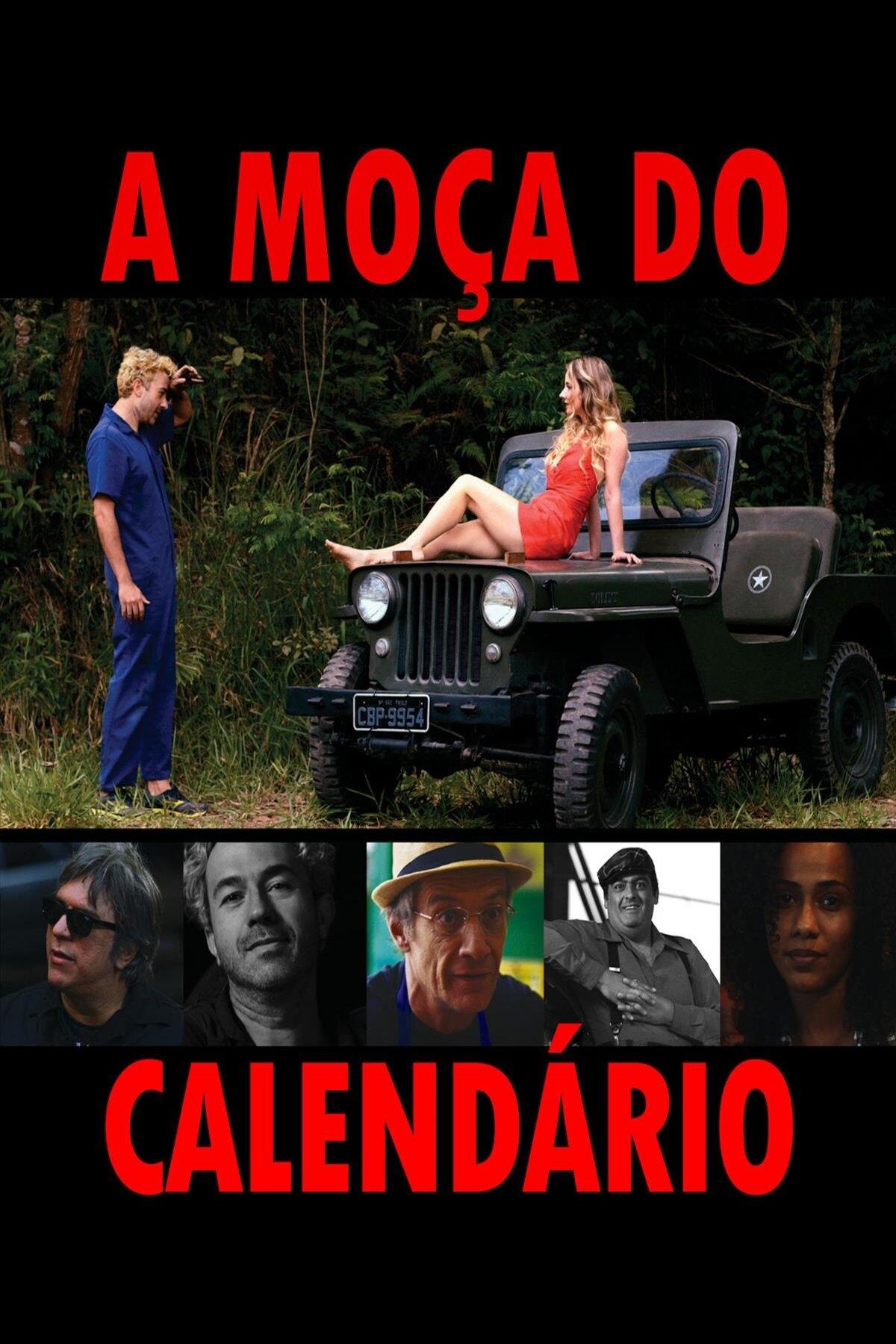
My Calendar Girl
(Screenplay)

No Way, Spider
(Writer)
O Pedestre
(Editor)
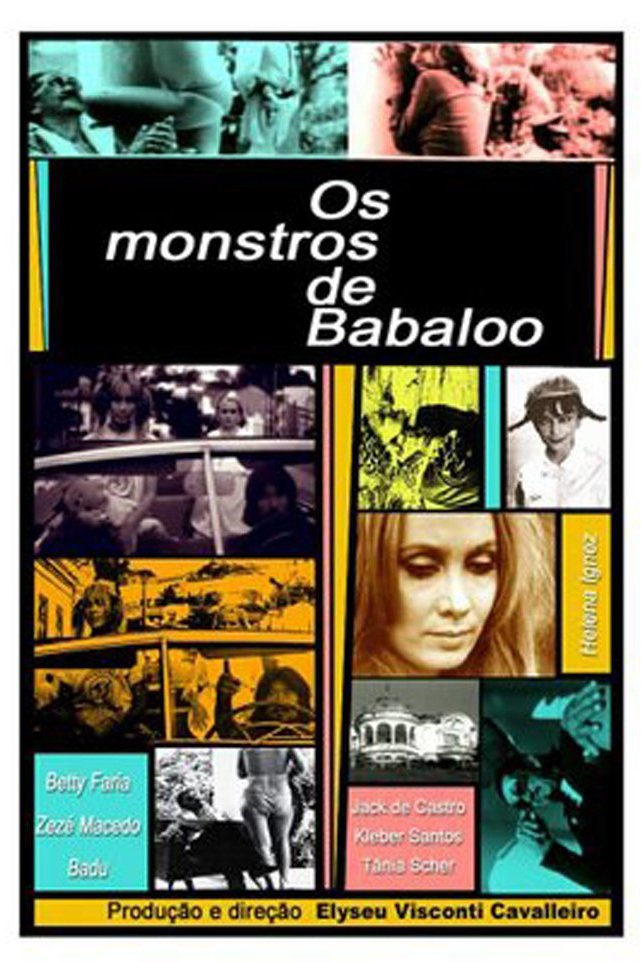
The Monsters of Babaloo
(Cinematography)

The Sign of Chaos
(Editor)

The Sign of Chaos
(Writer)

The Sign of Chaos
(Producer)
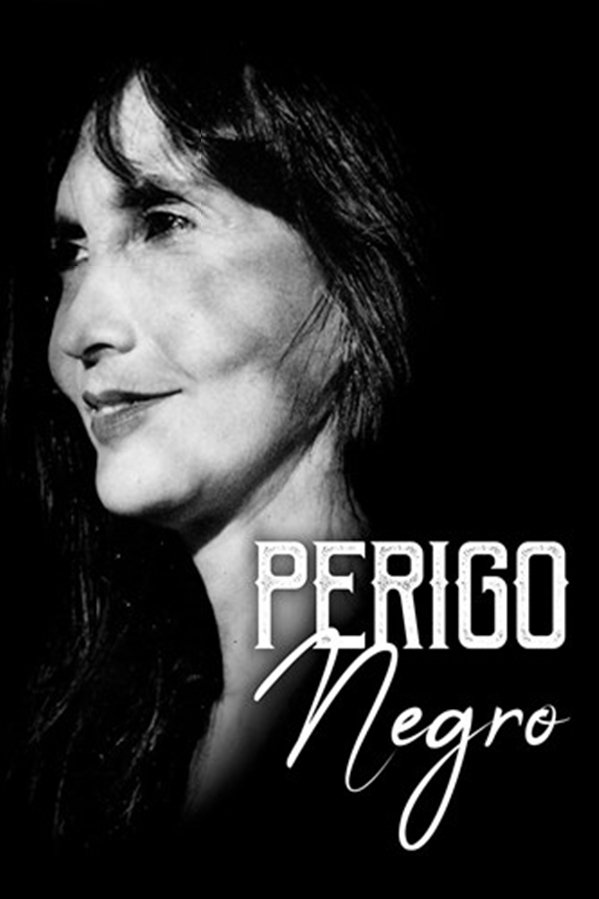
Perigo Negro
(Director)

Isto é Noel Rosa
(Writer)

It's Not All True
(Writer)

The Red Light Bandit
(Writer)

It's All Brazil
(Writer)

It's All Brazil
(Producer)

It's All Brazil
(Original Music Composer)
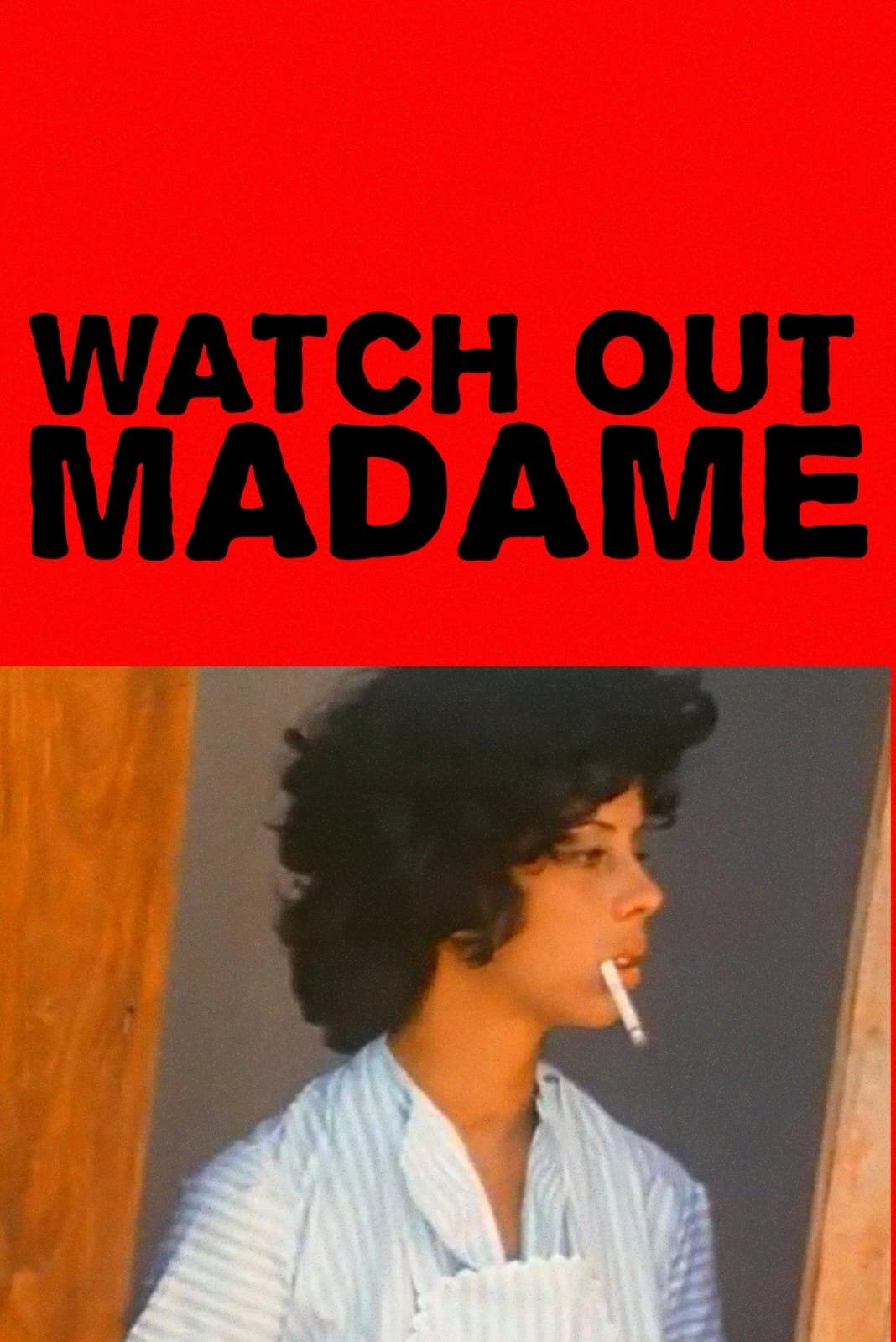
Watch Out, Madame
(Producer)

No Way, Spider
(Editor)

Copacabana Mon Amour
(Music)

Copacabana Mon Amour
(Producer)
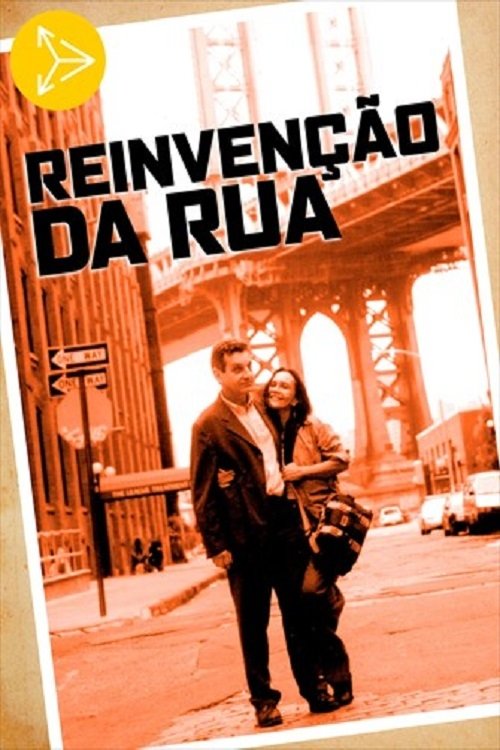
Reinvenção da Rua
(Editor)

Reinvenção da Rua
(Camera Operator)

A Miss e o Dinossauro
(Camera Operator)

Extracts
(Director of Photography)

The Red Light Bandit
(Producer)

The Red Light Bandit
(Original Music Composer)
Um Sorriso Por Favor: O Mundo Gráfico de Goeldi
(Editor)

The Abyss
(Screenplay)

The Abyss
(Music Supervisor)